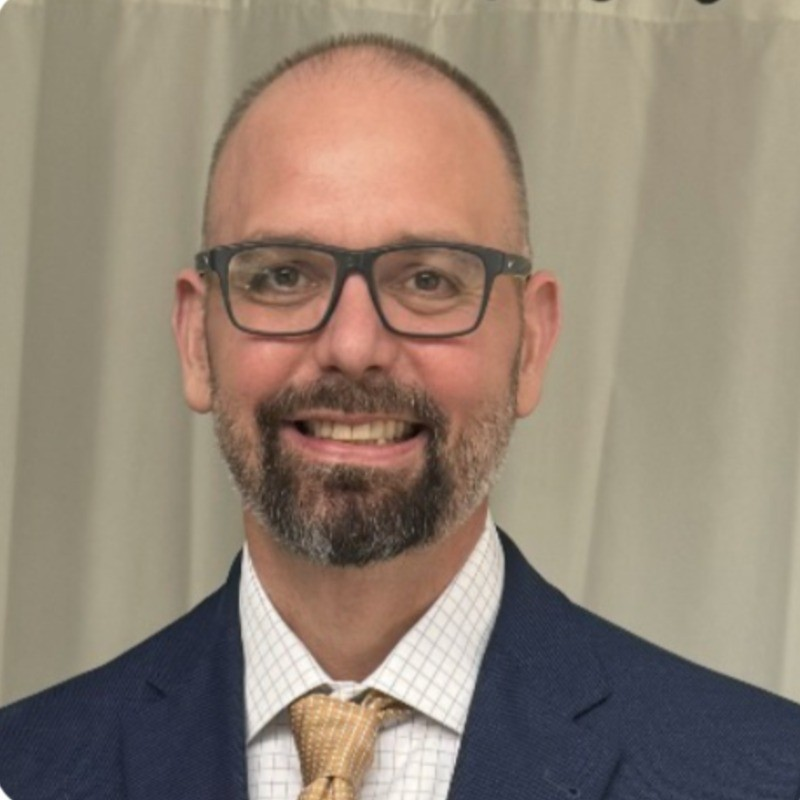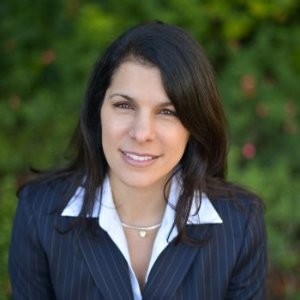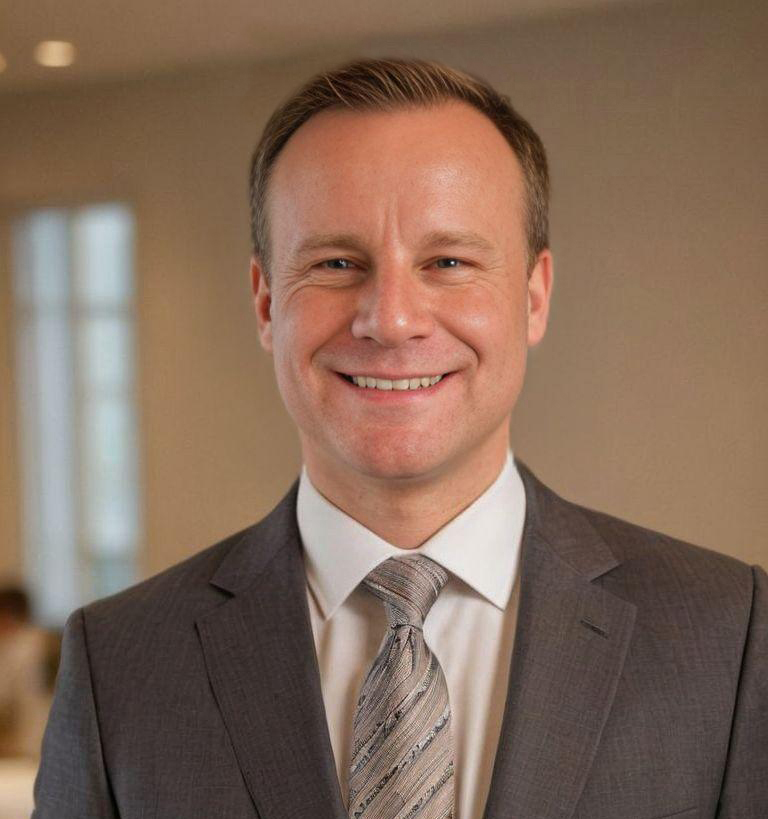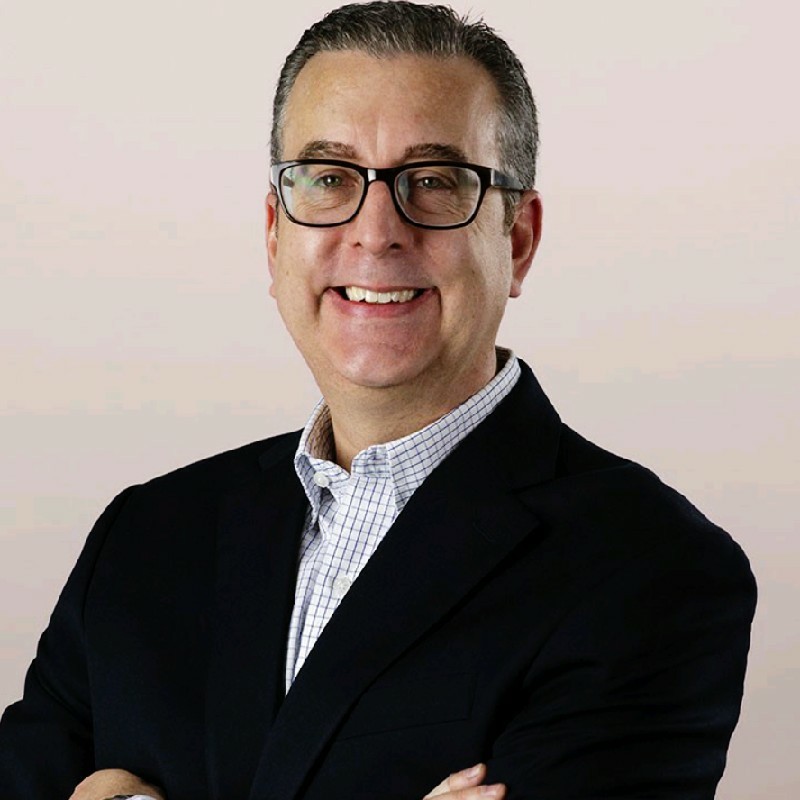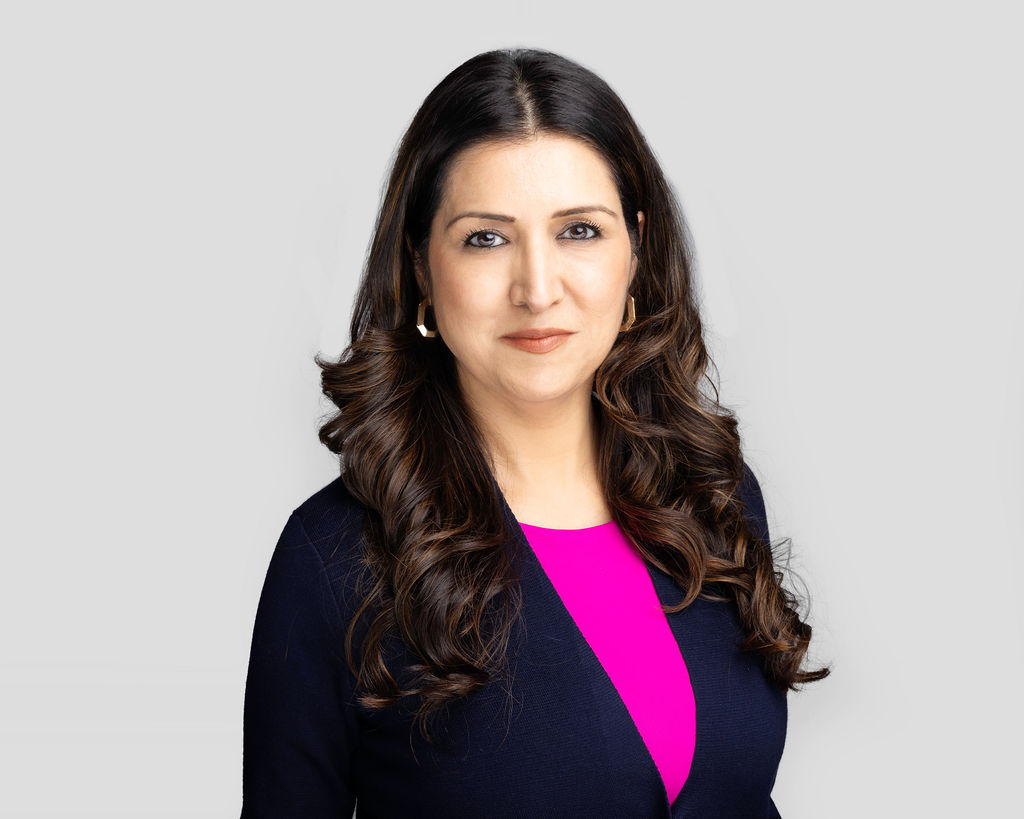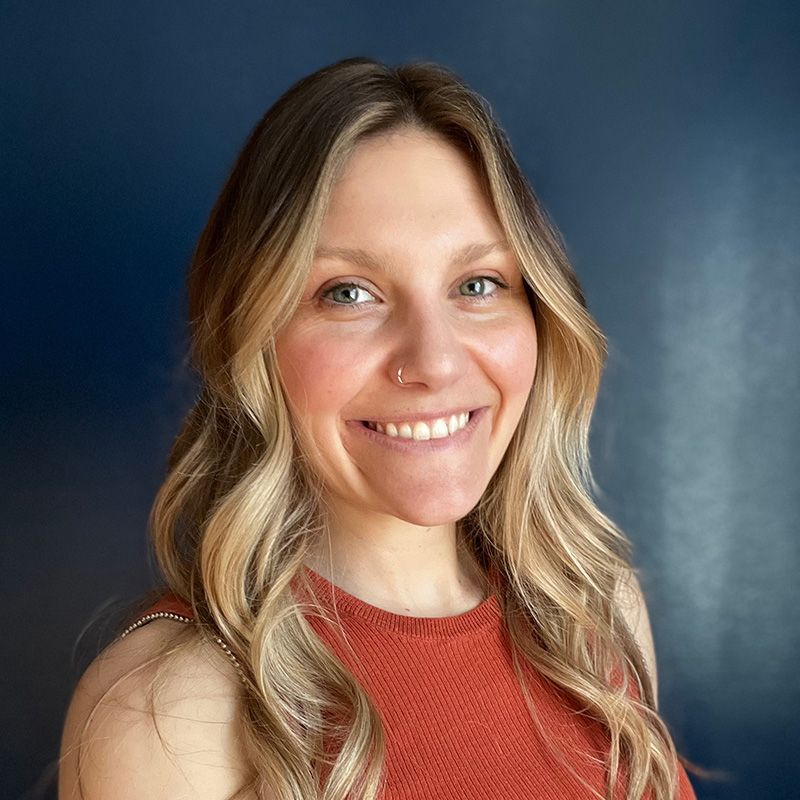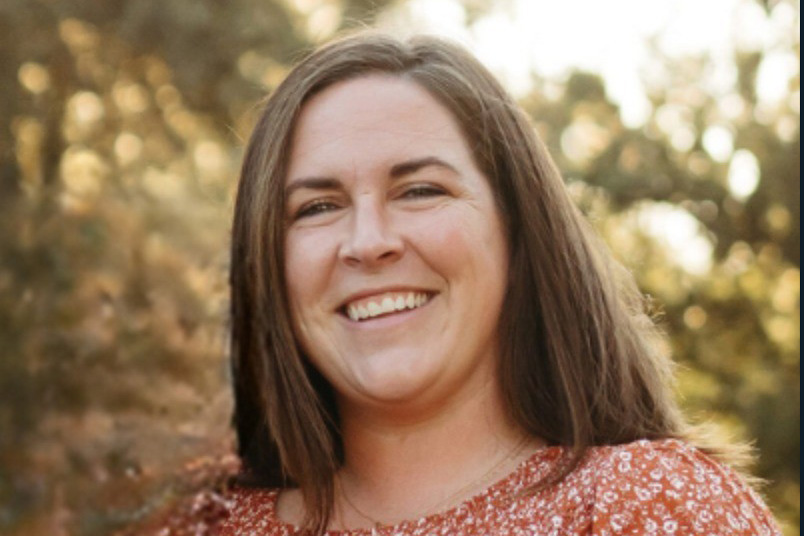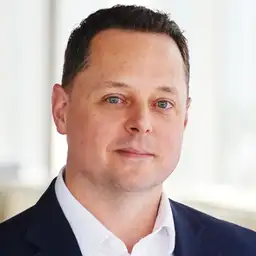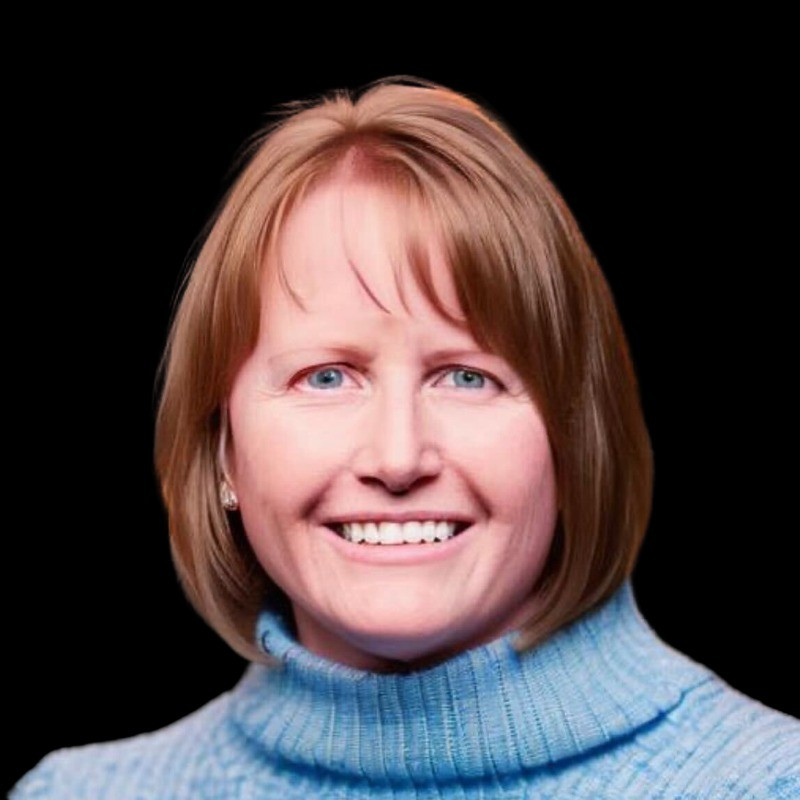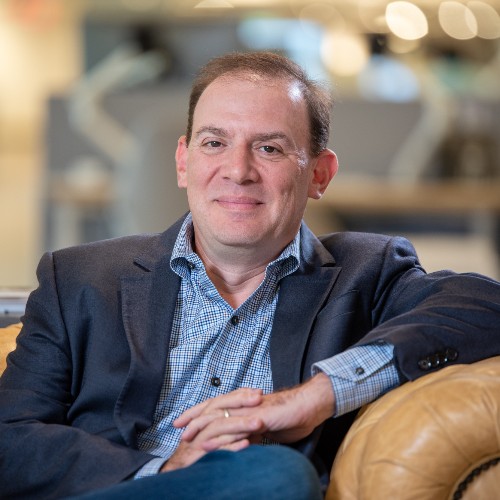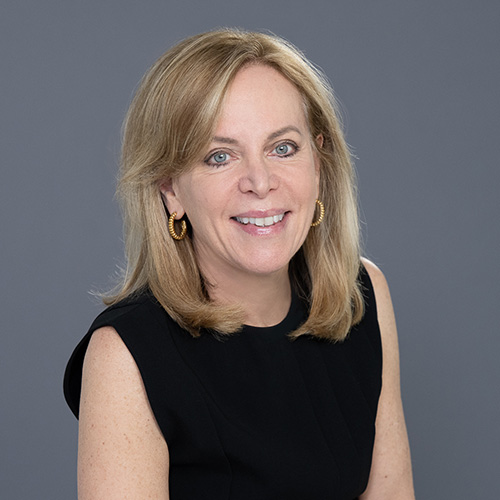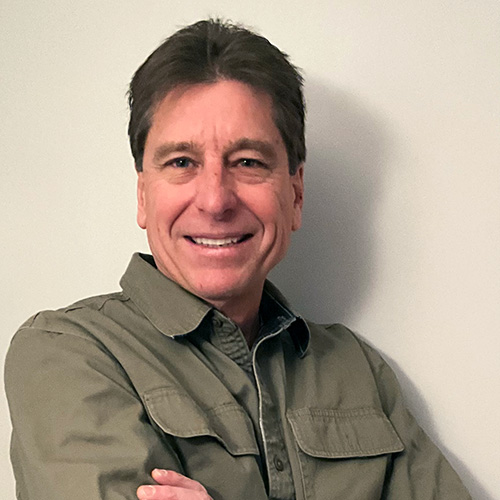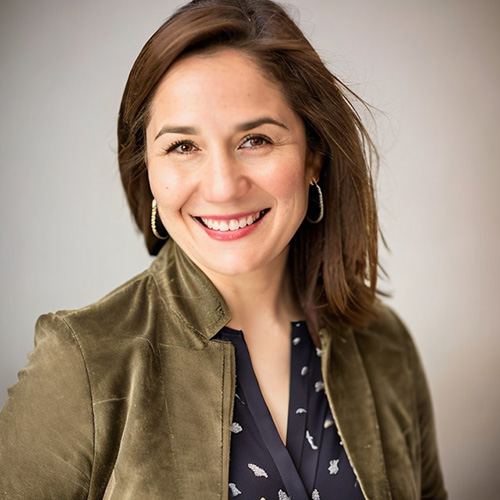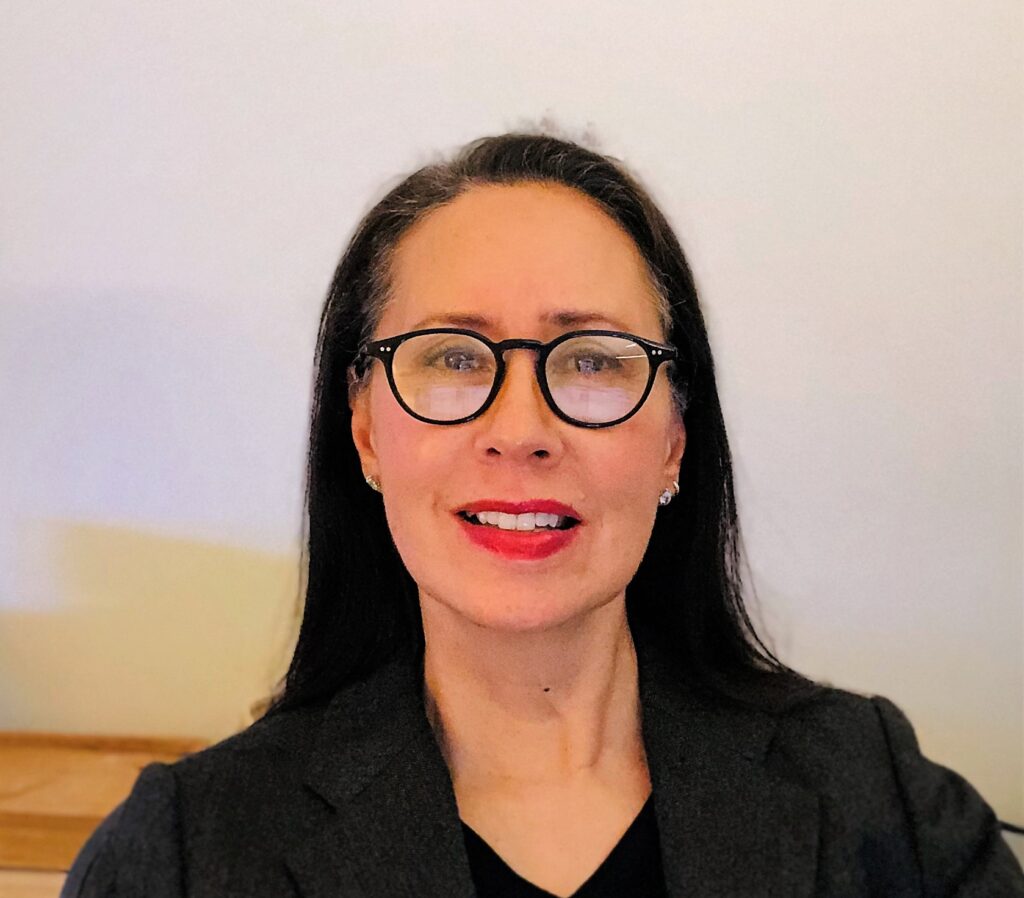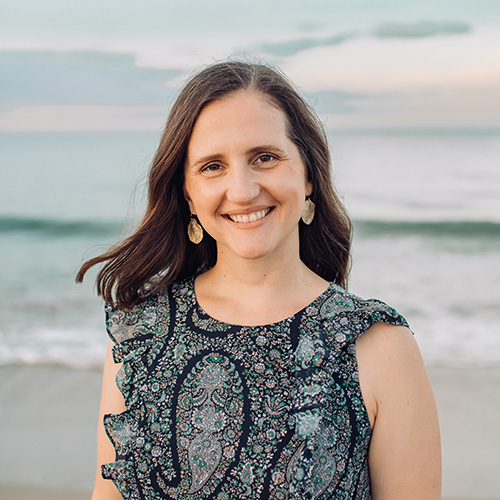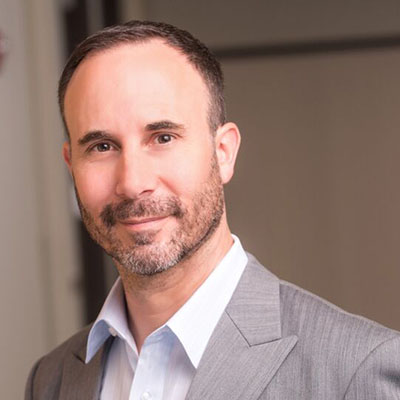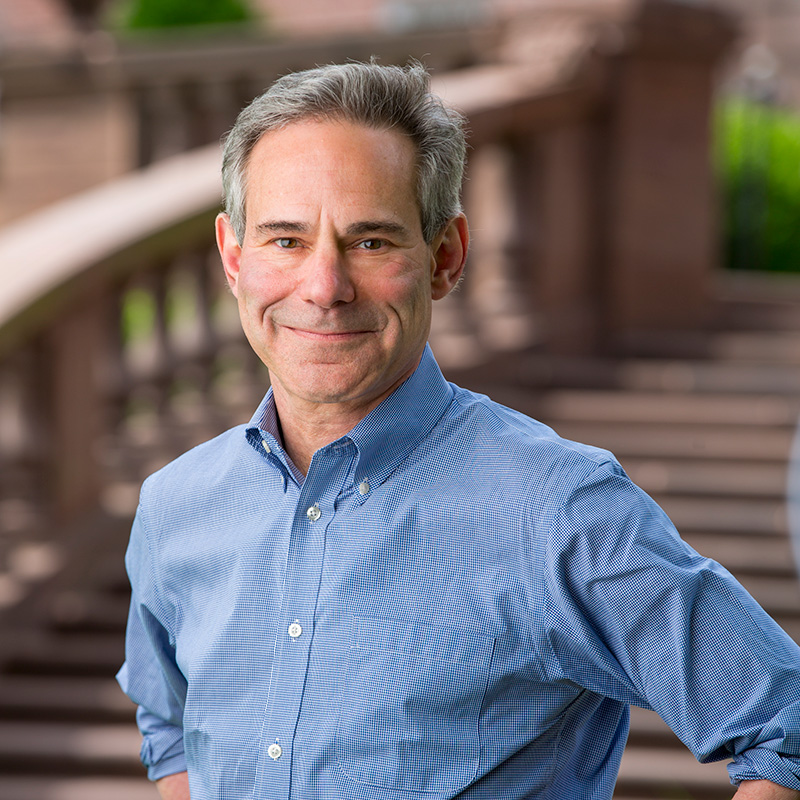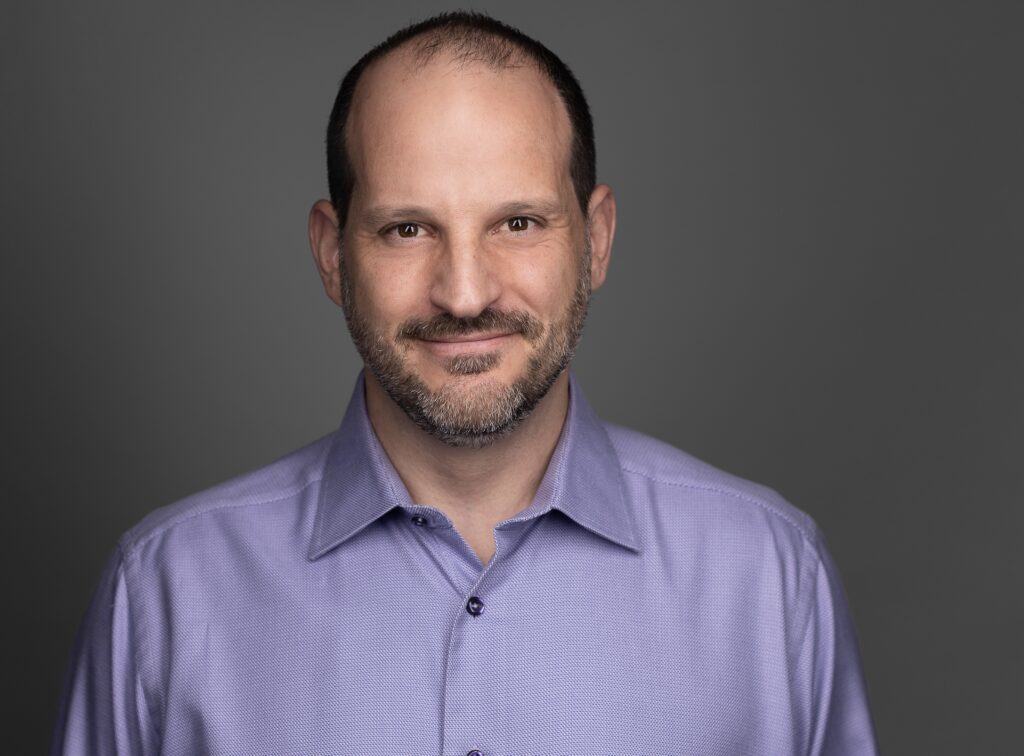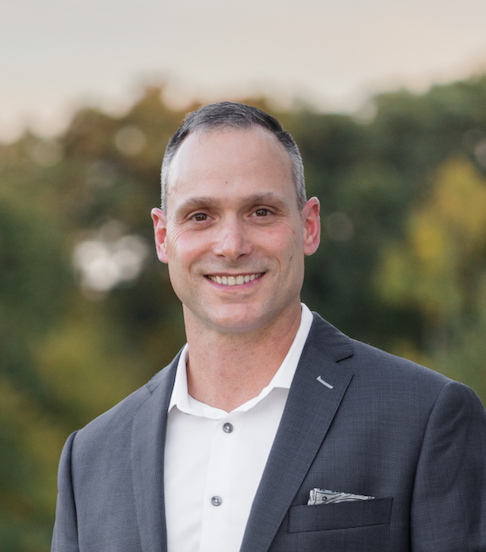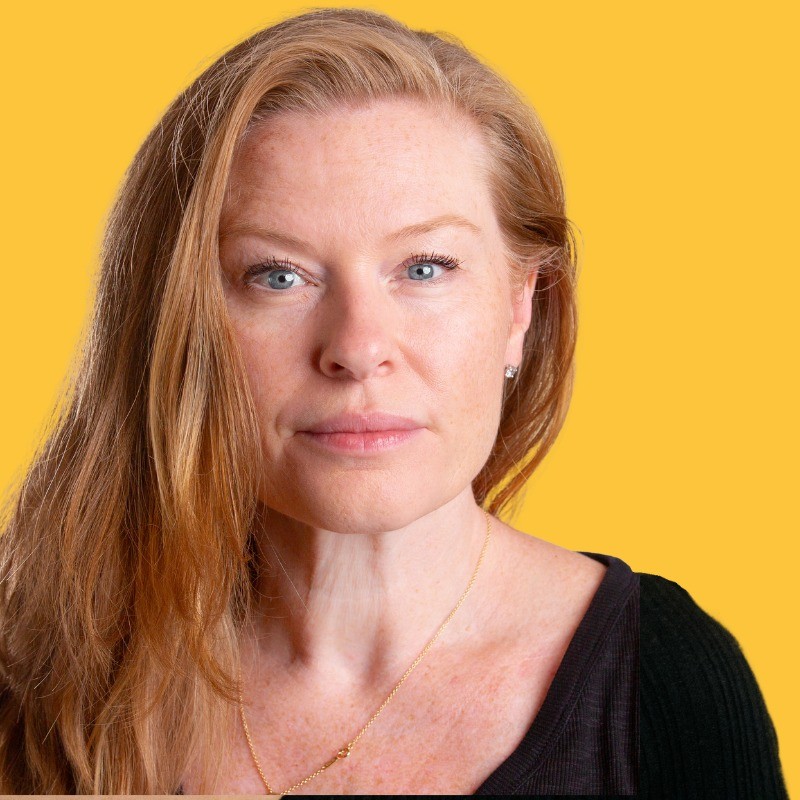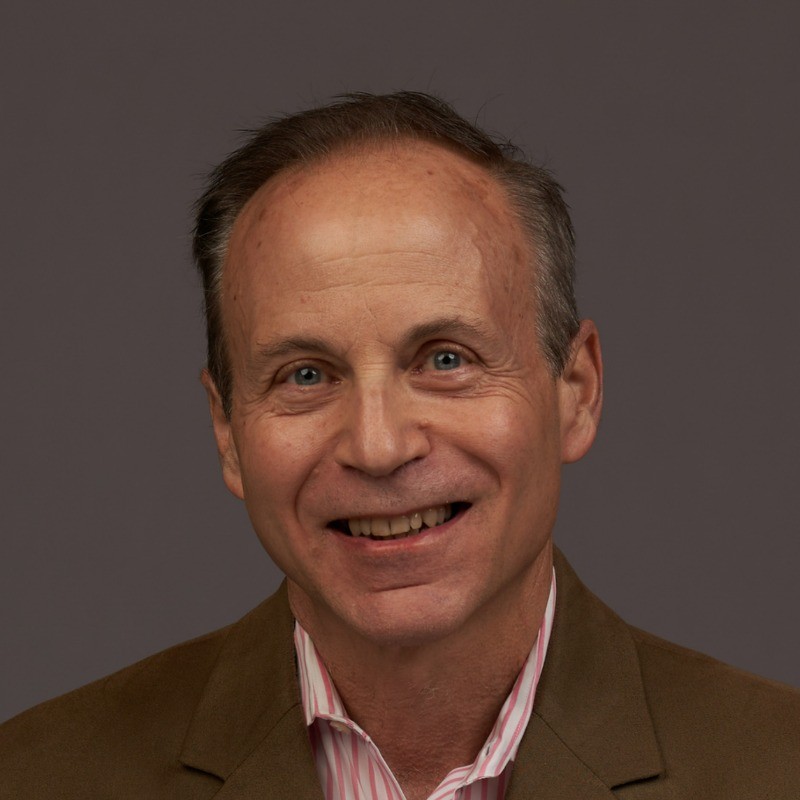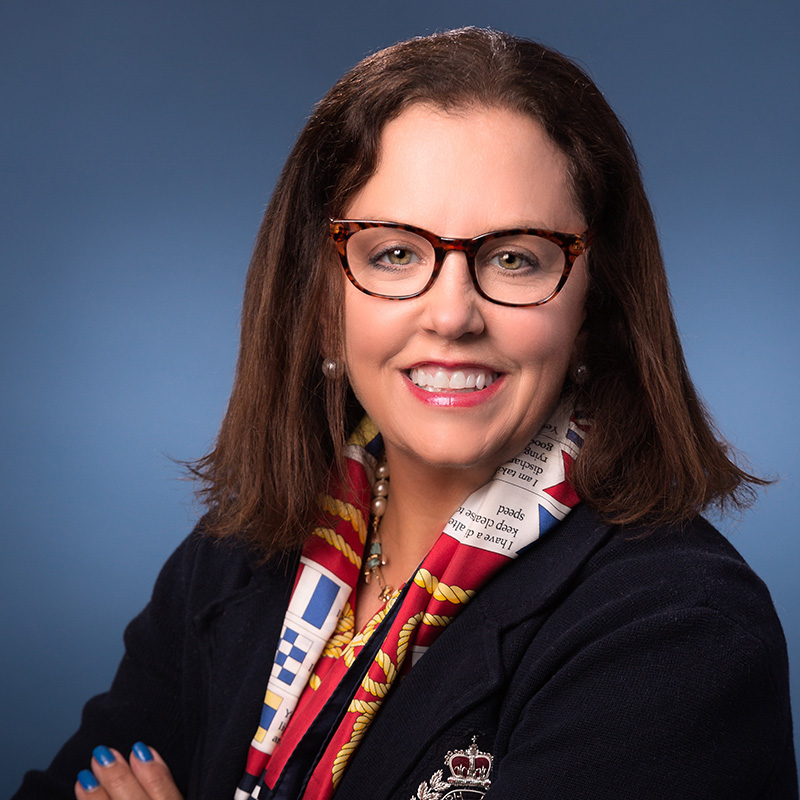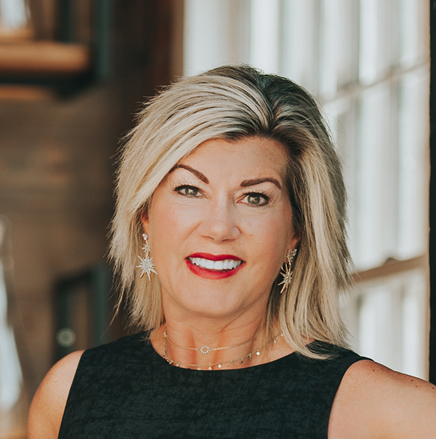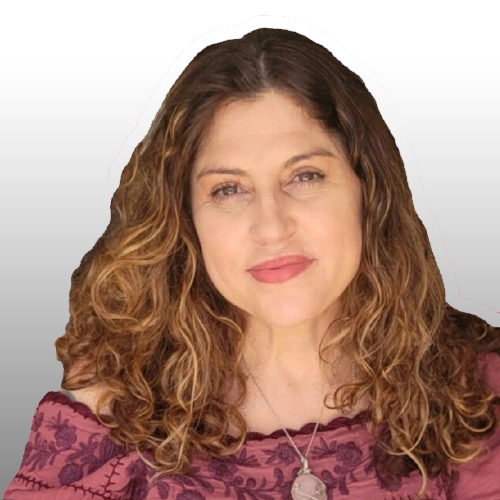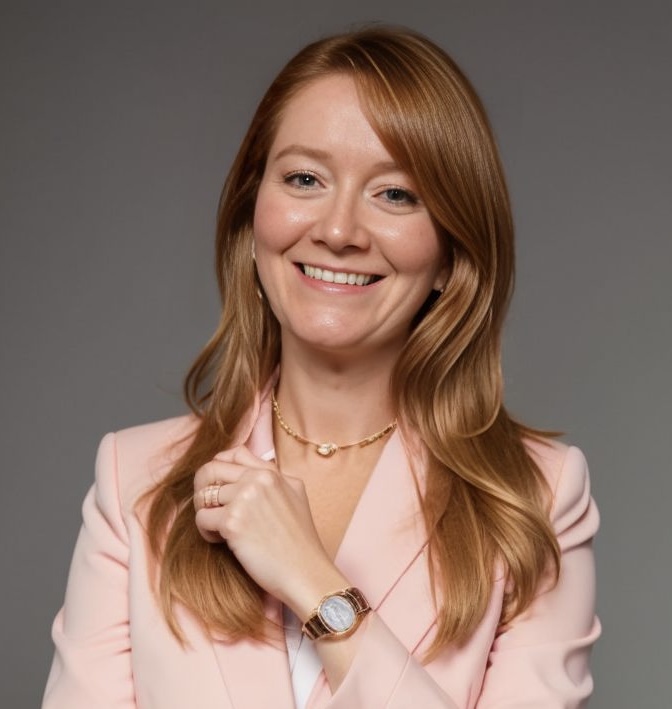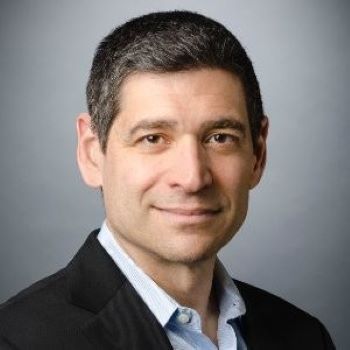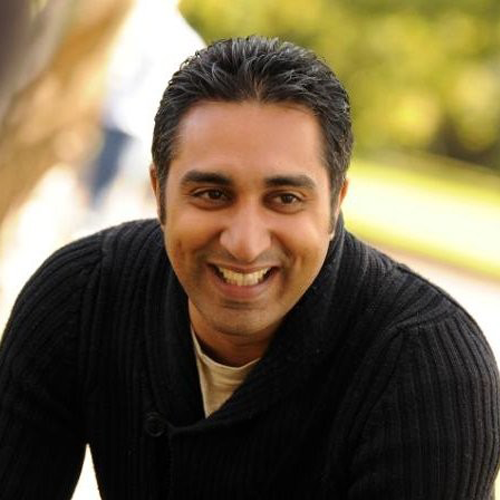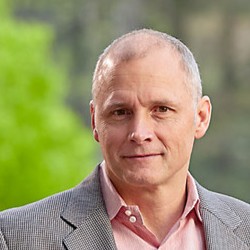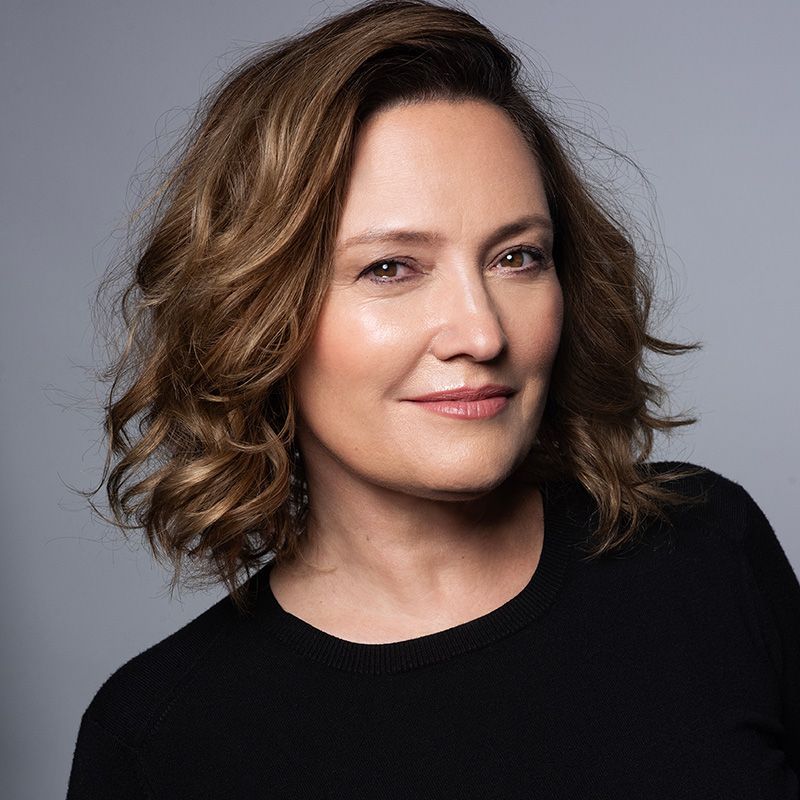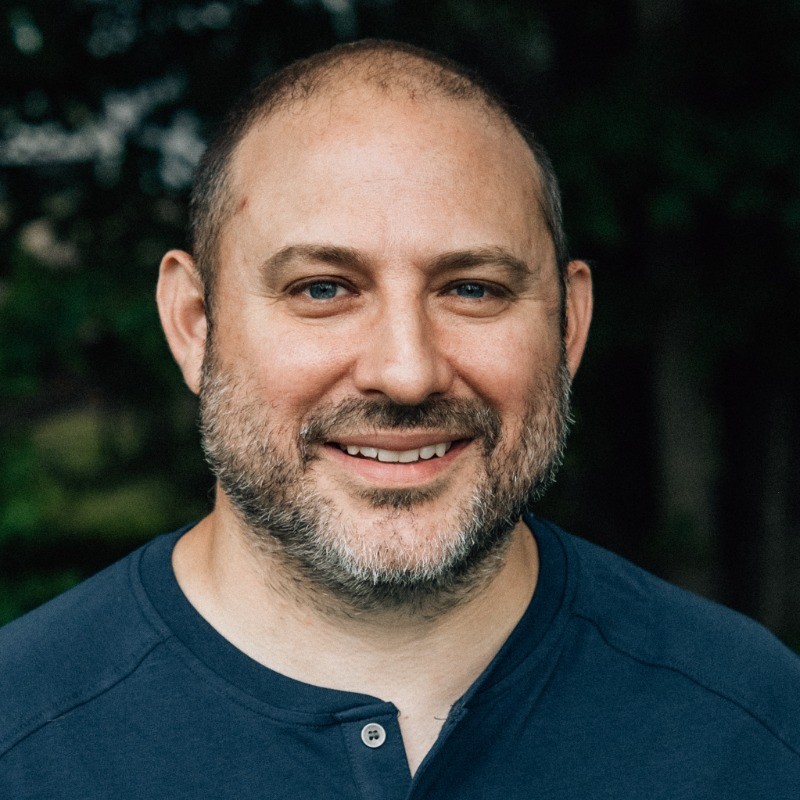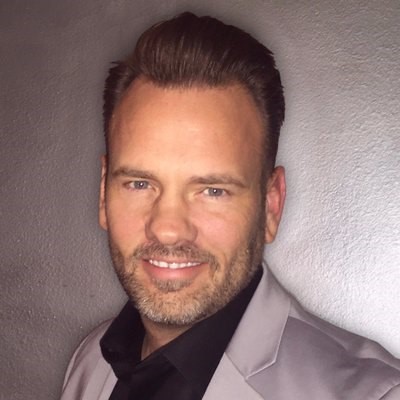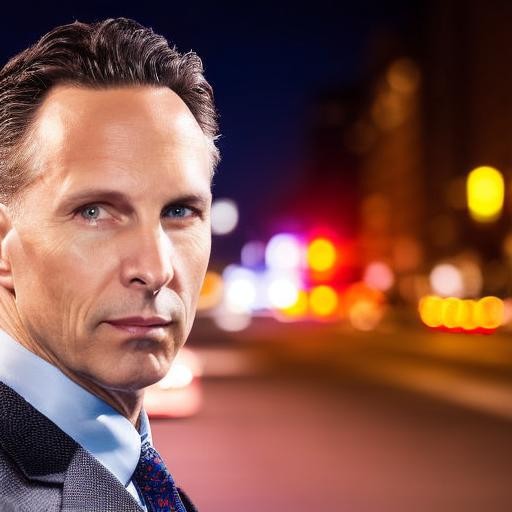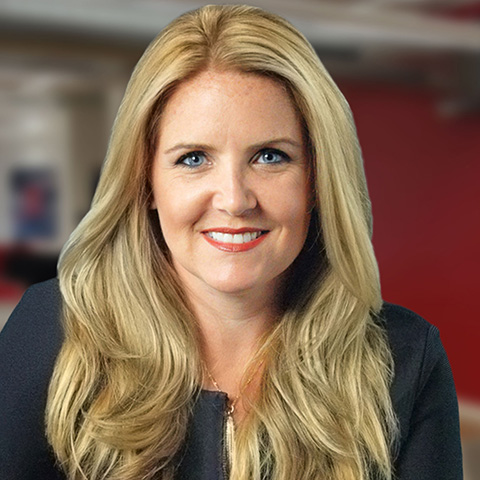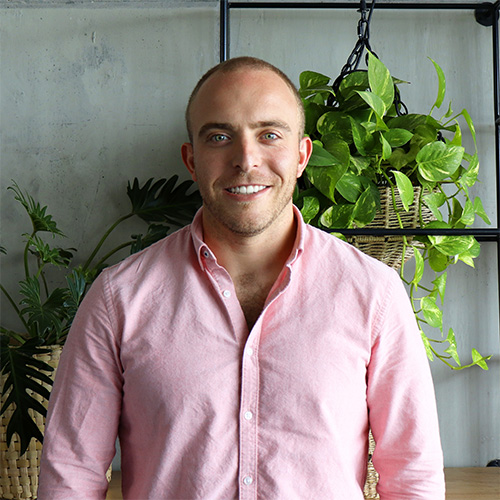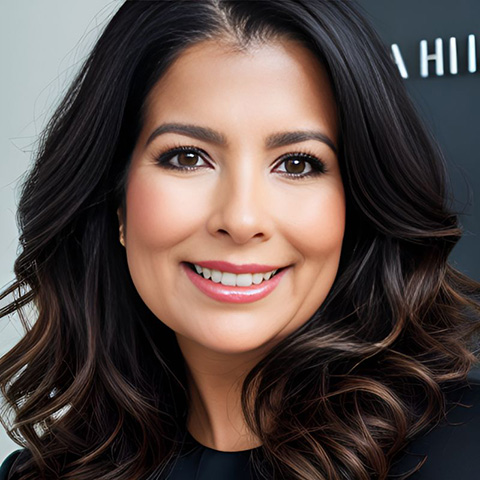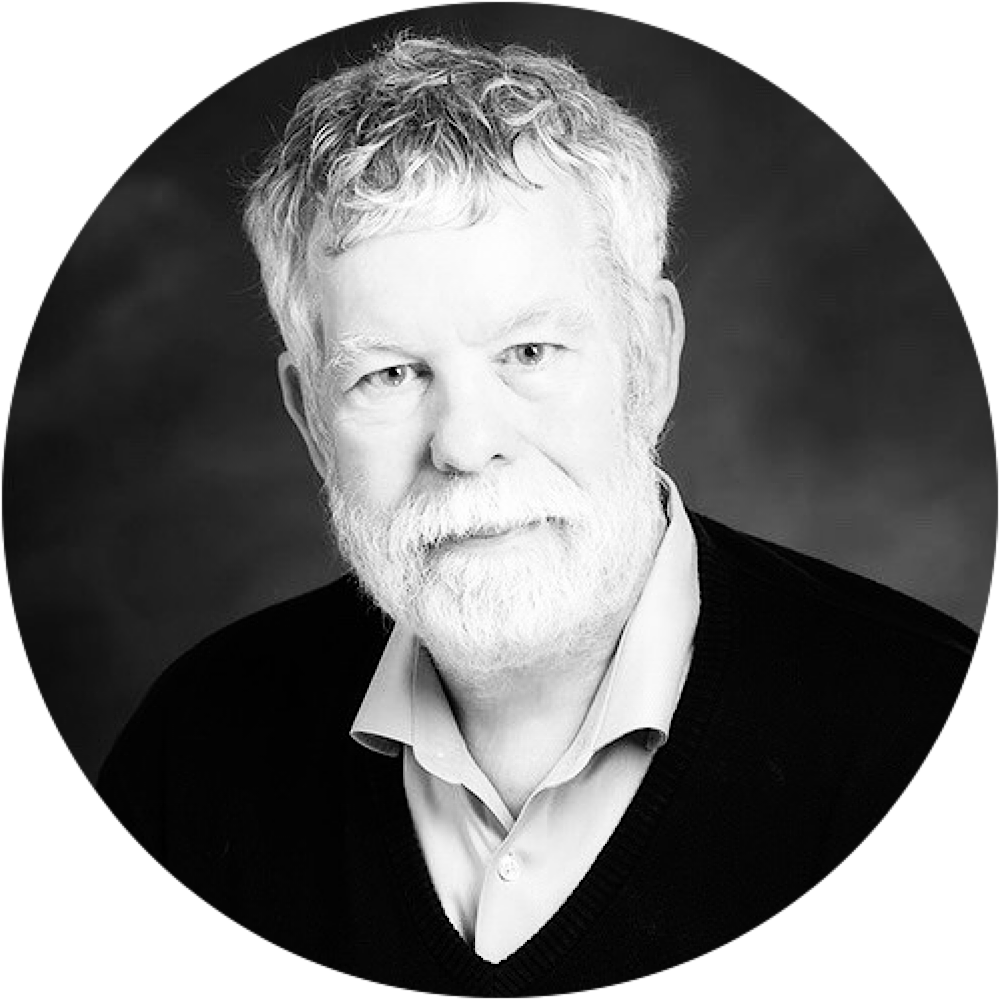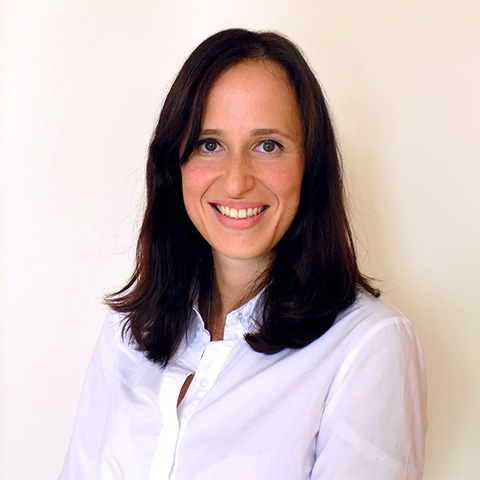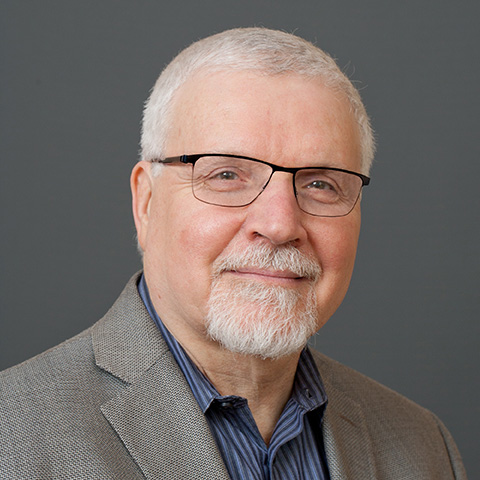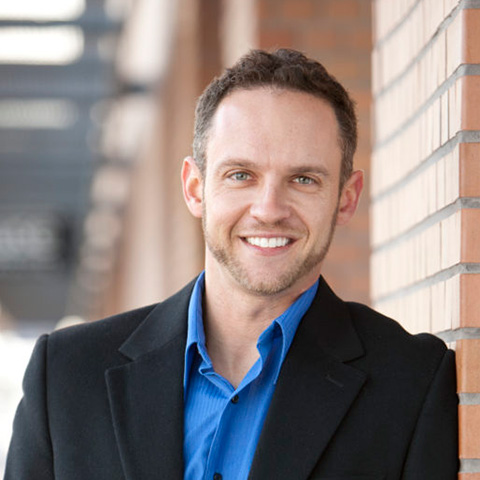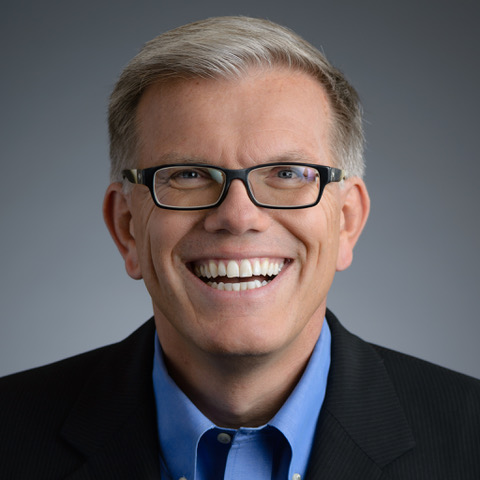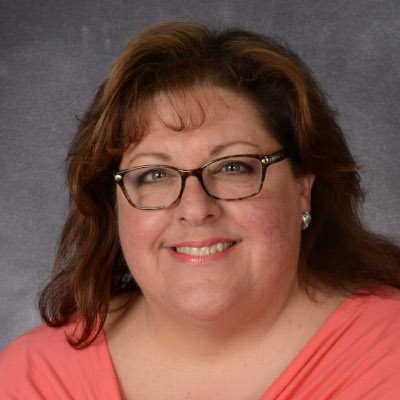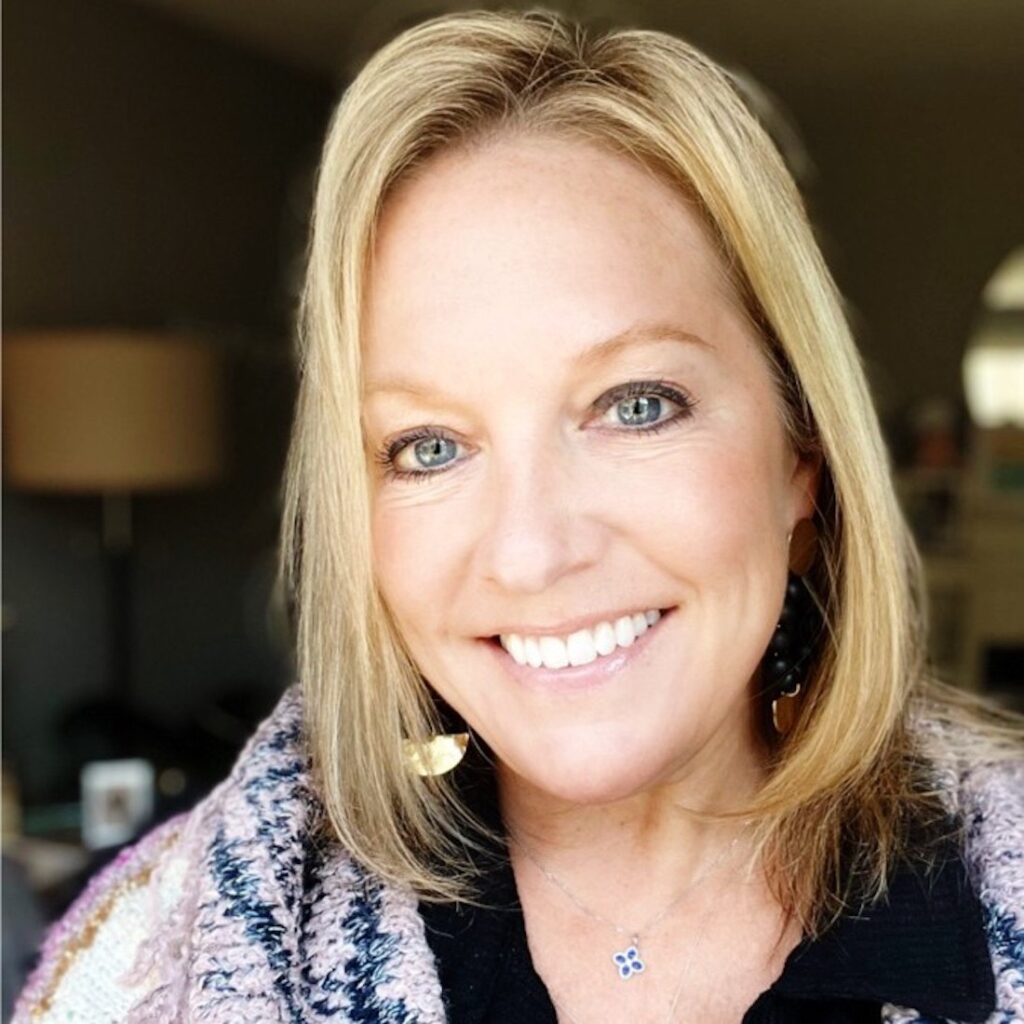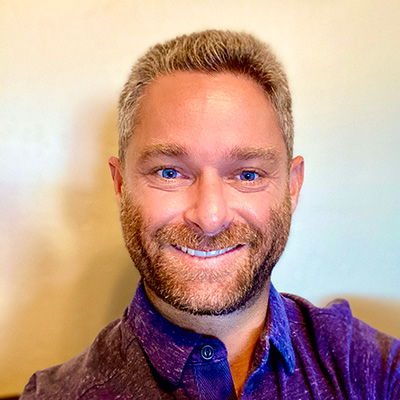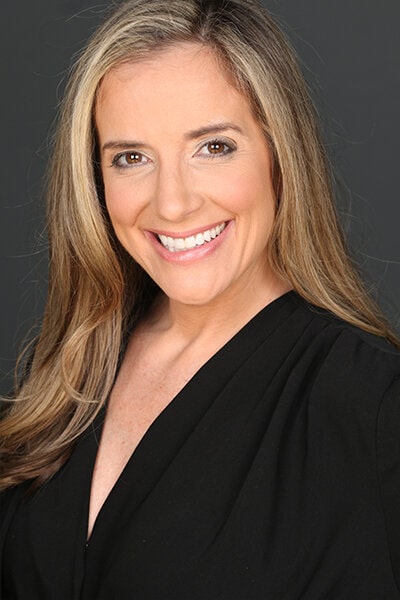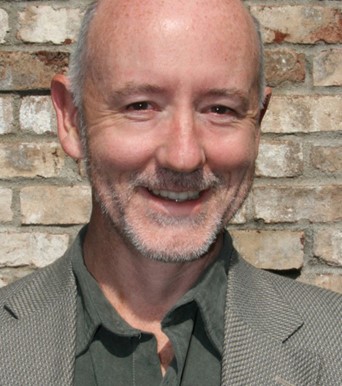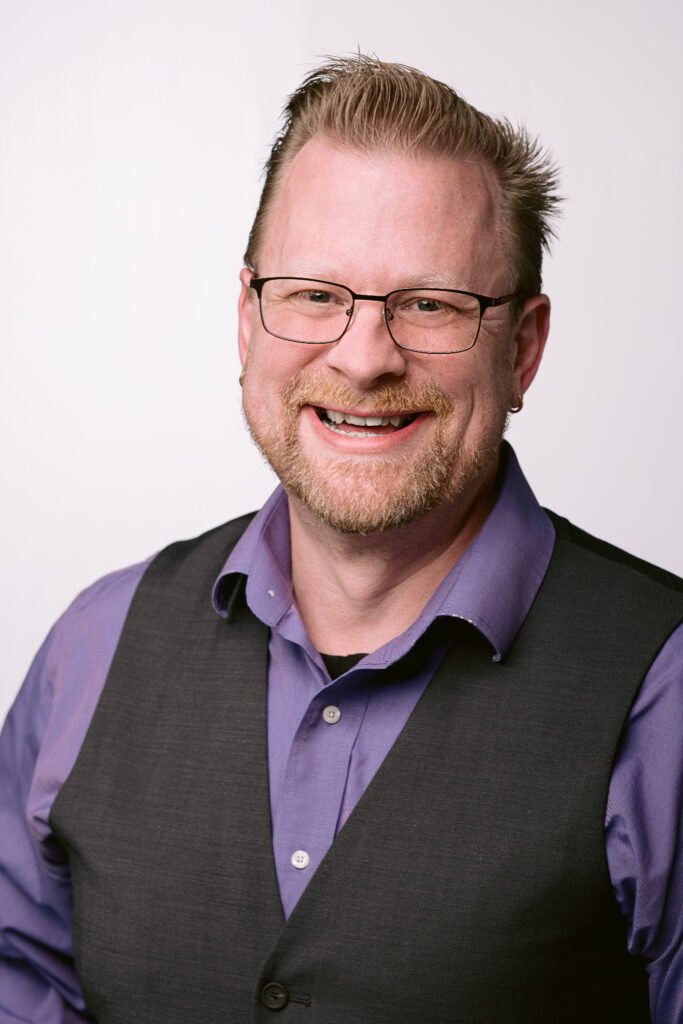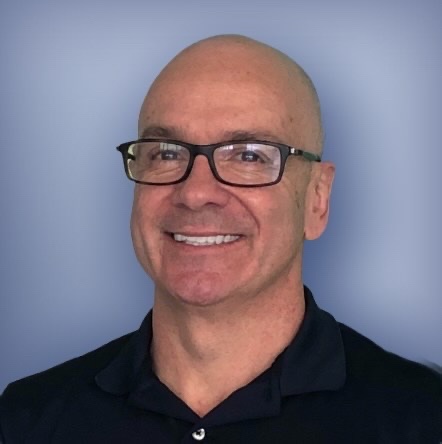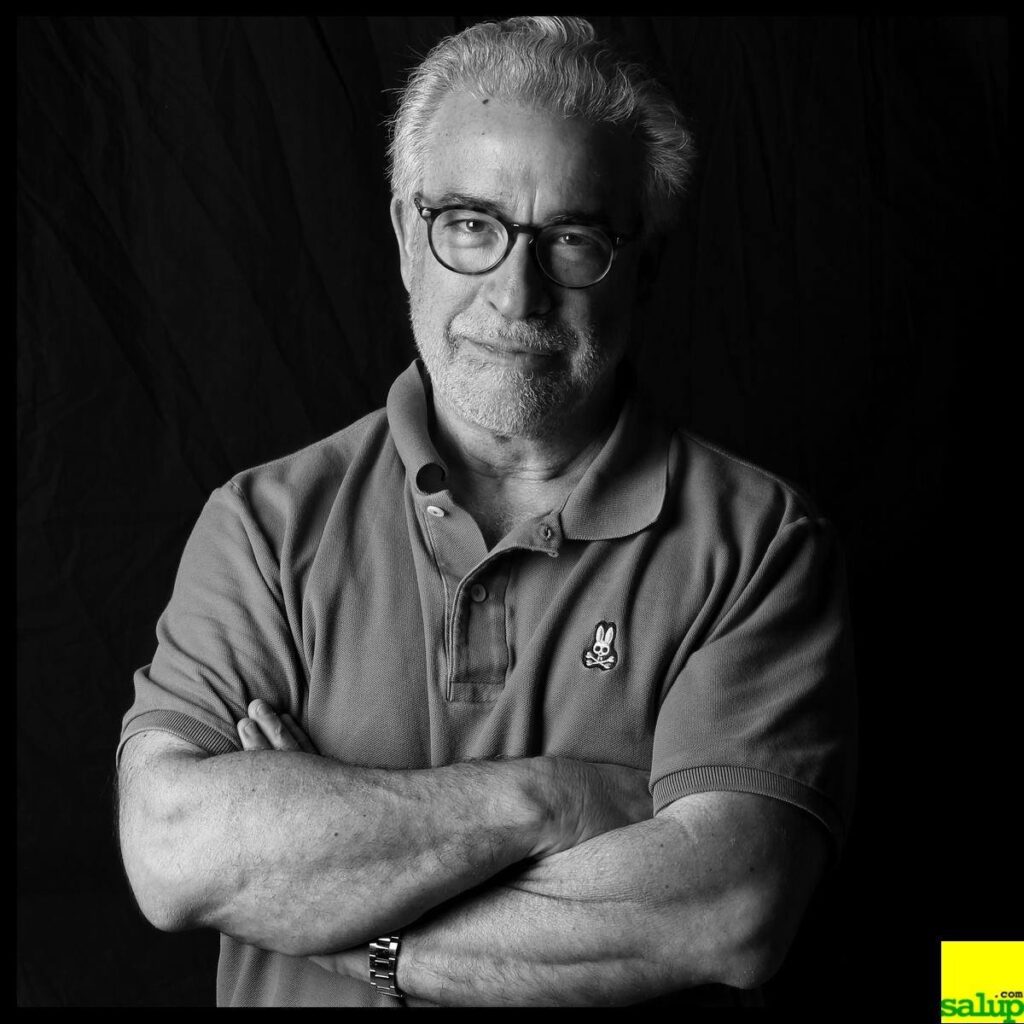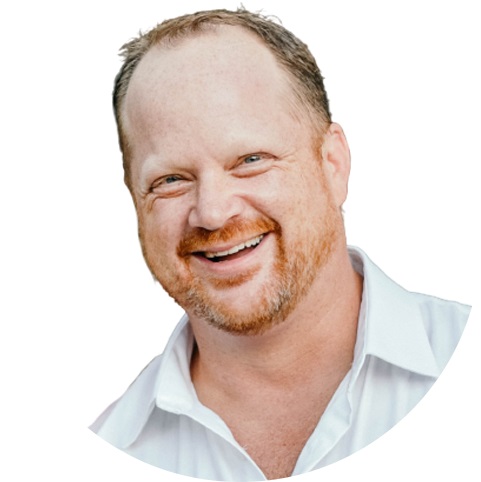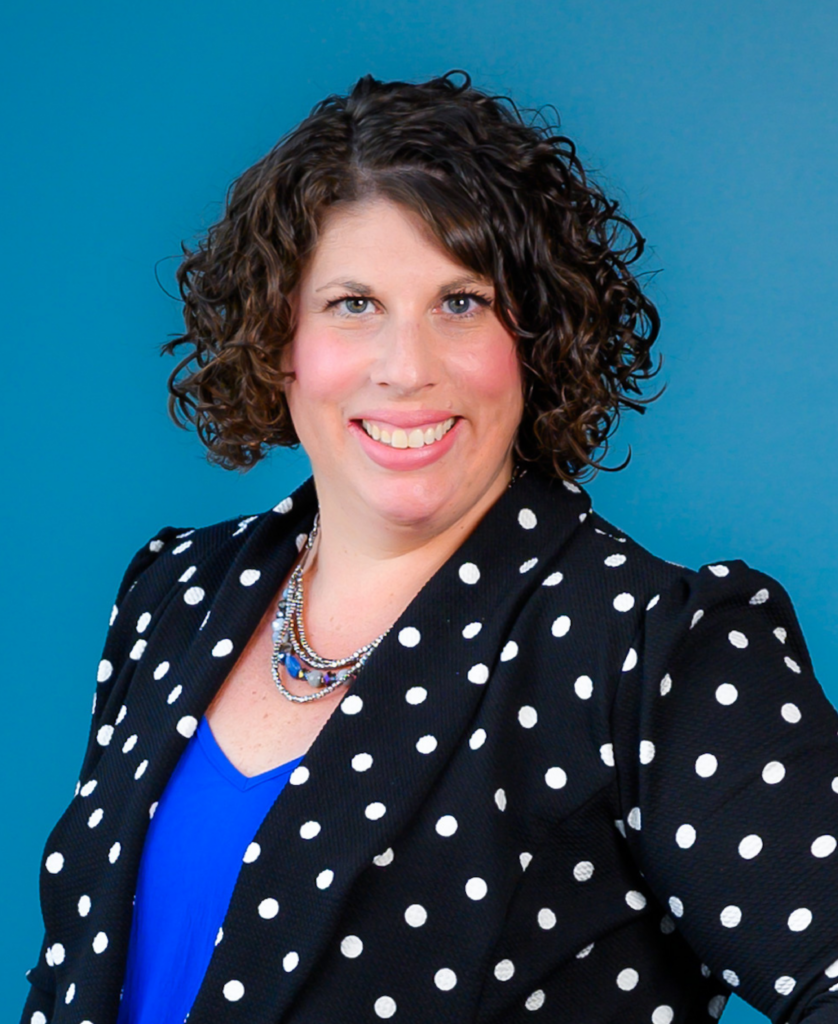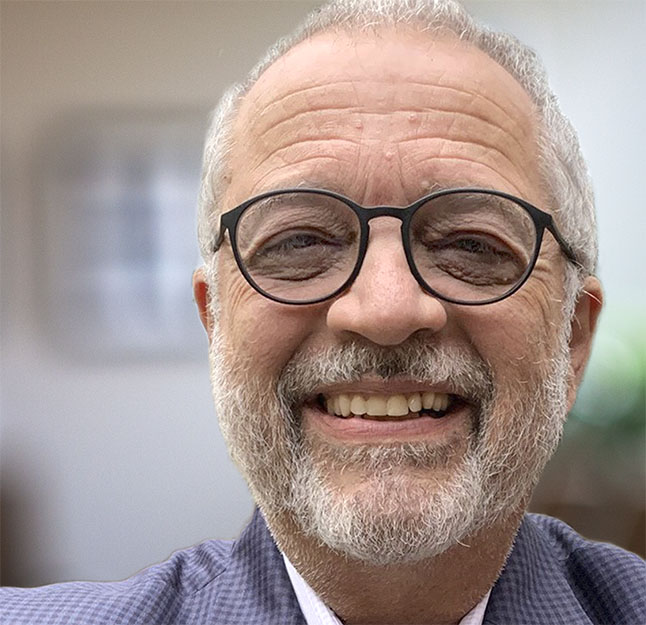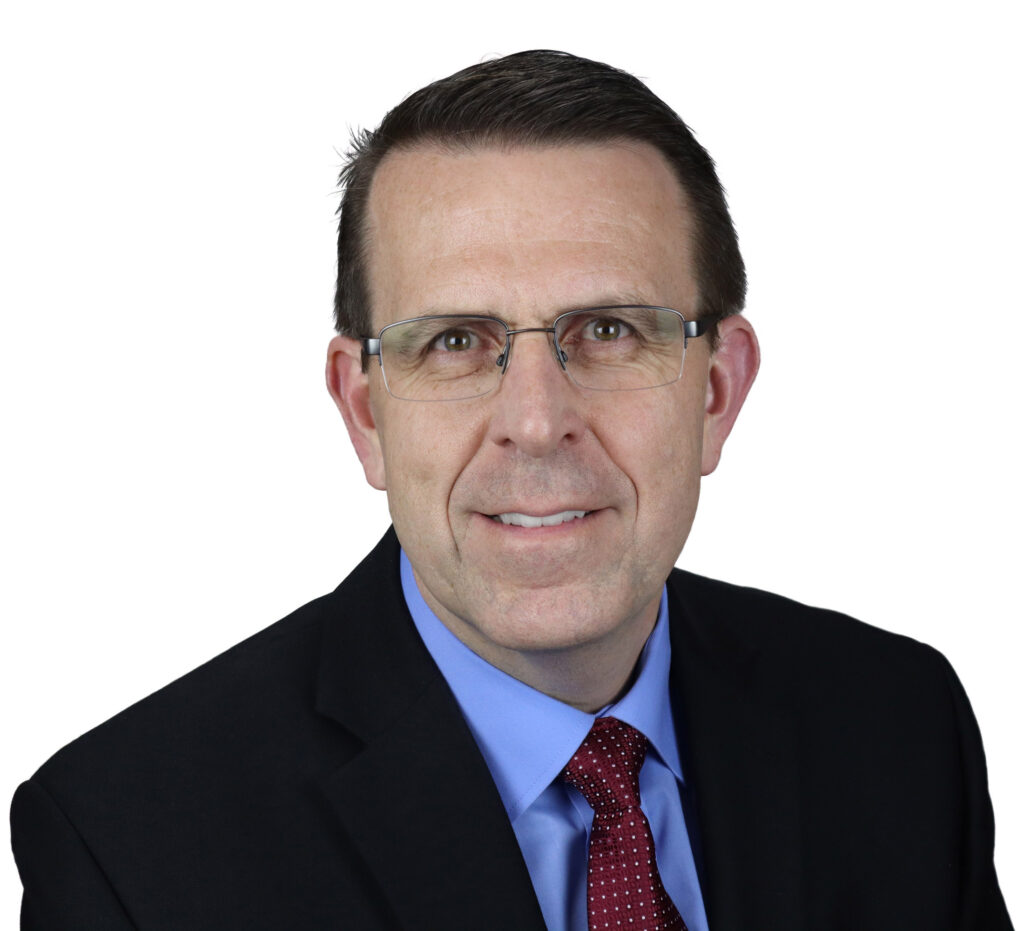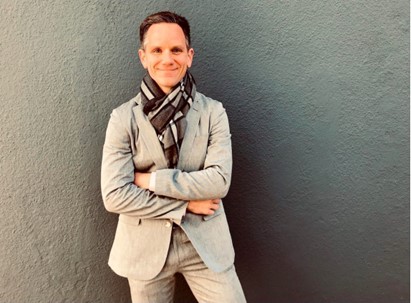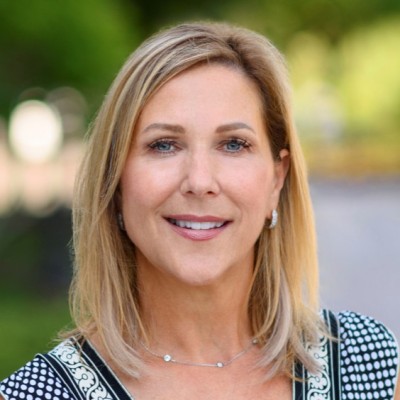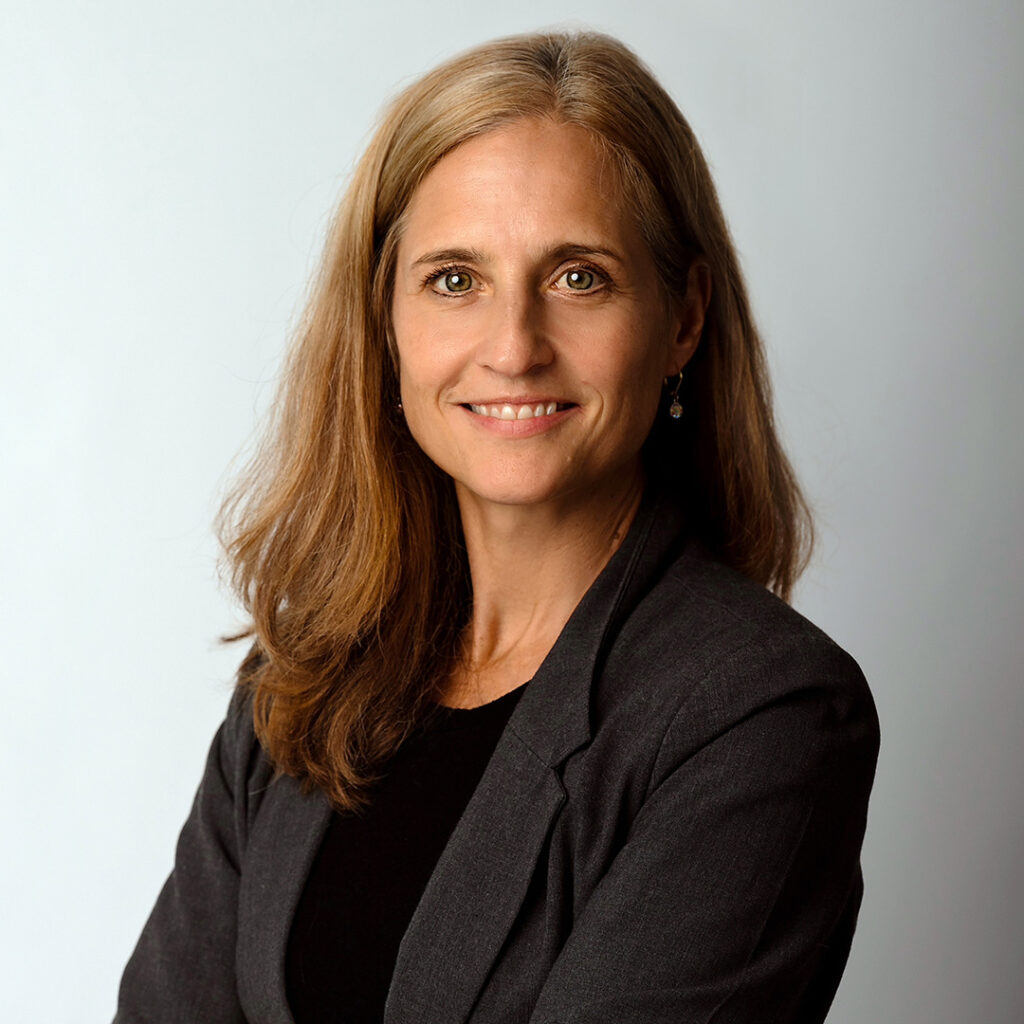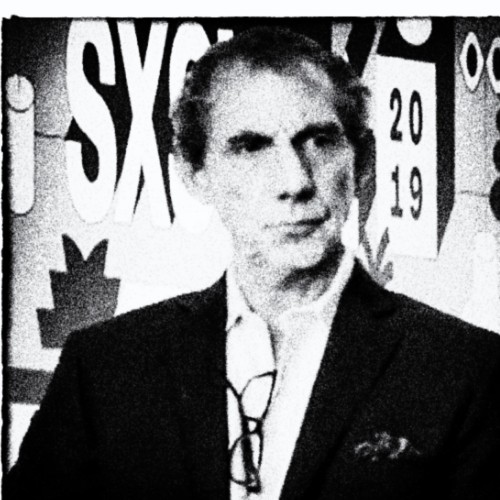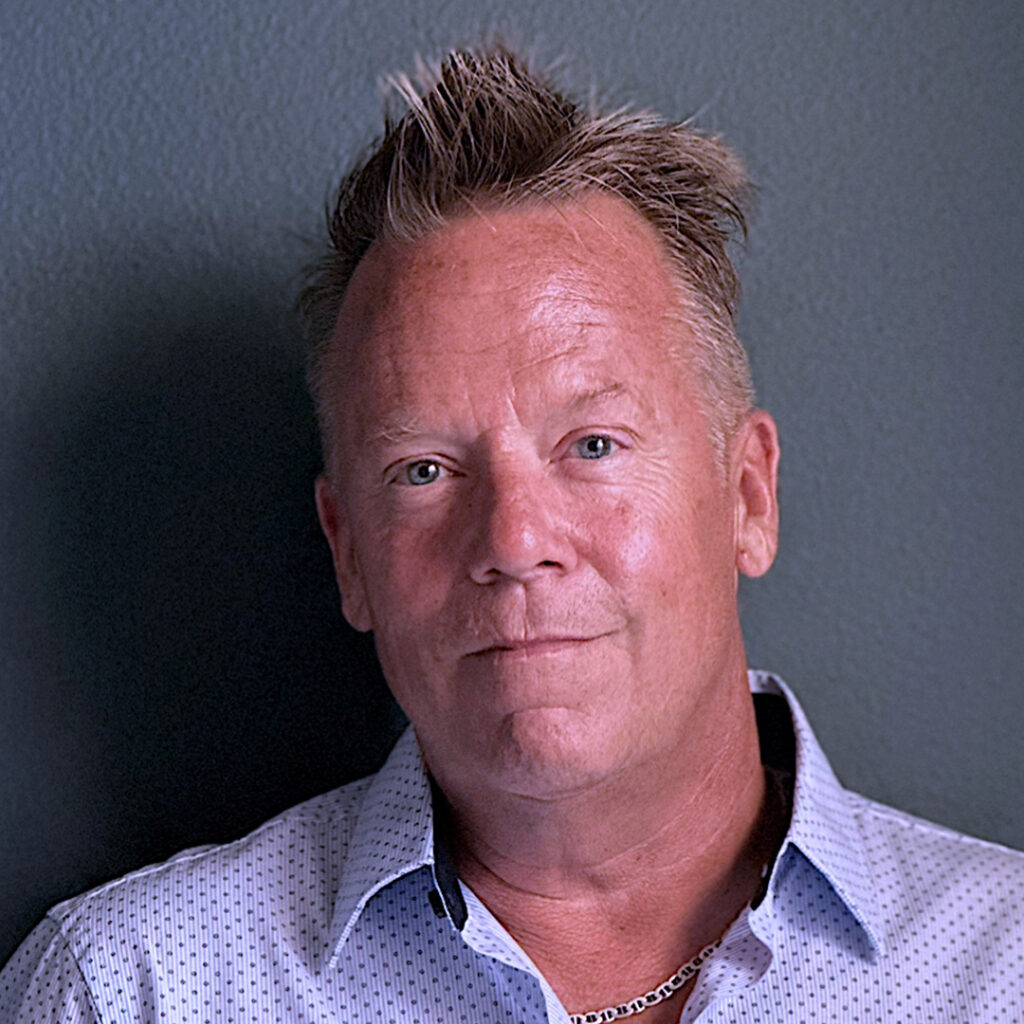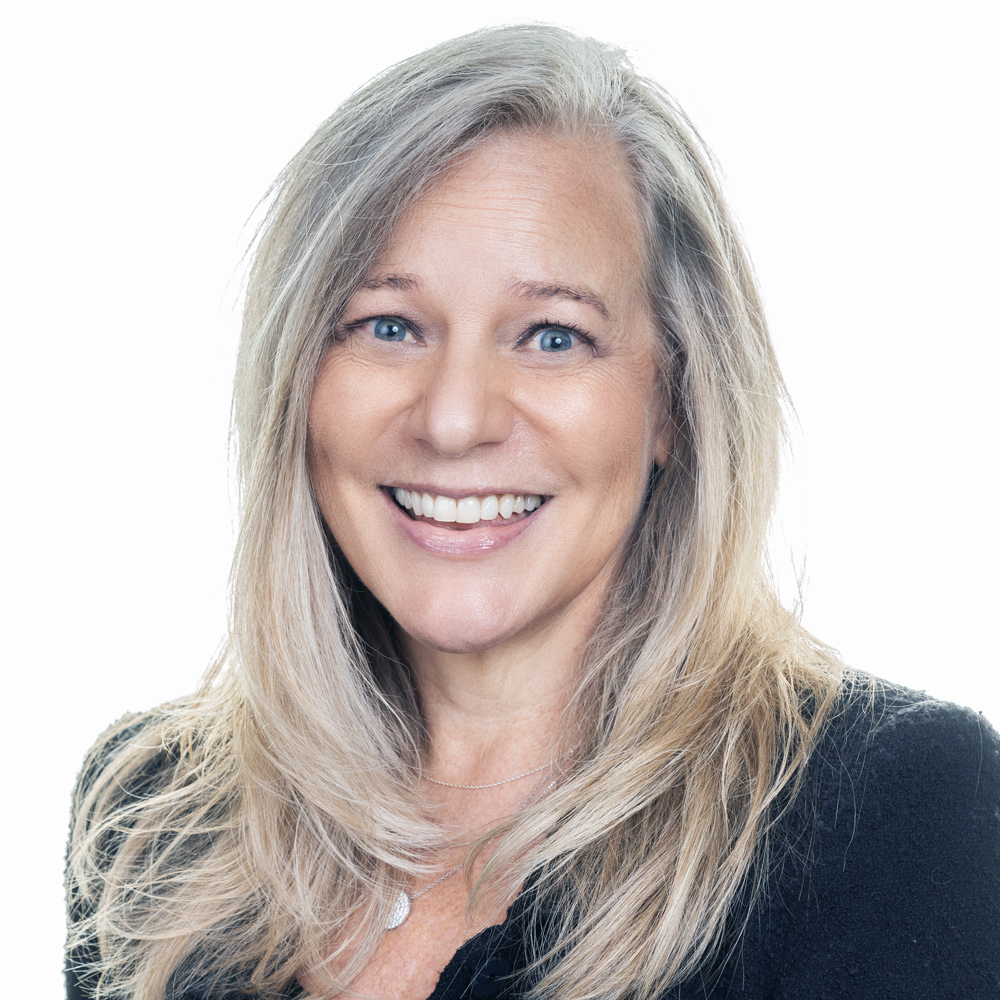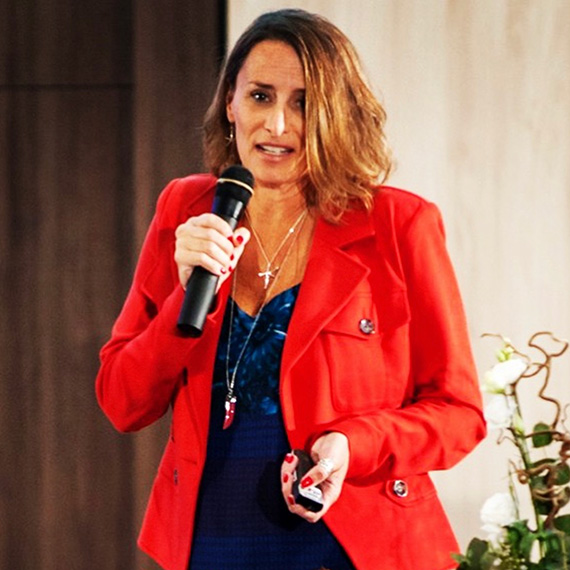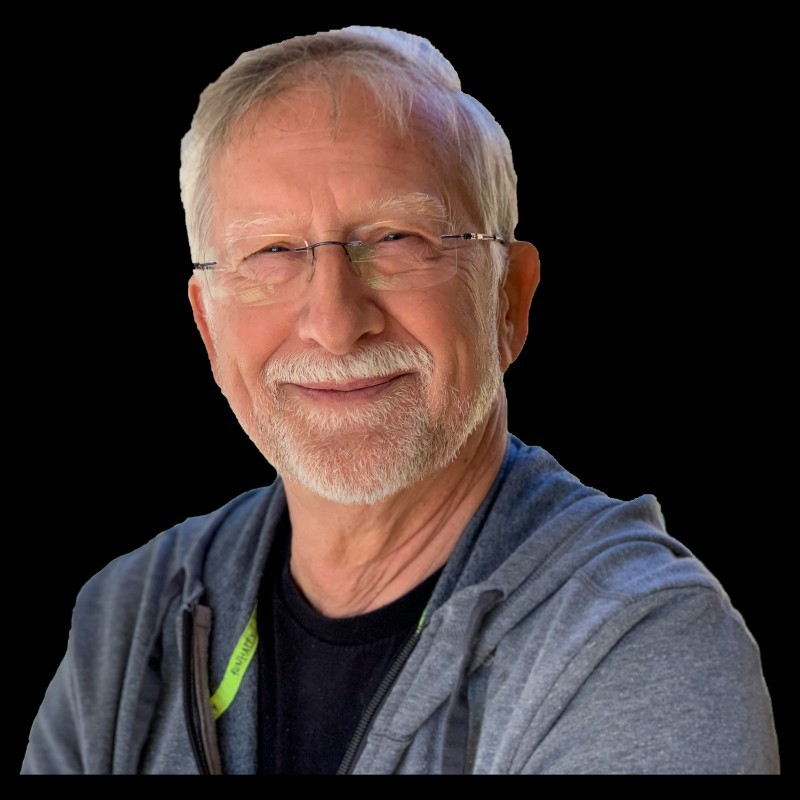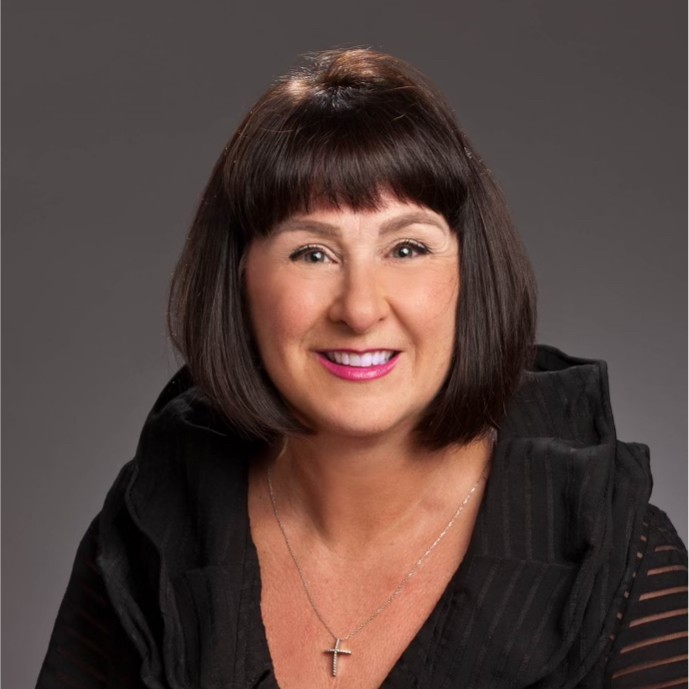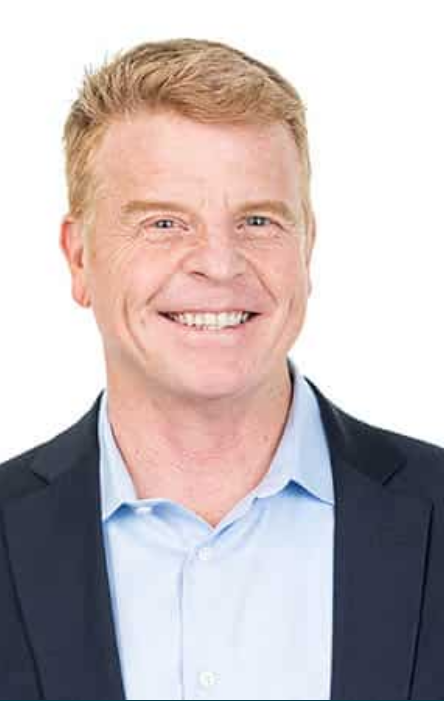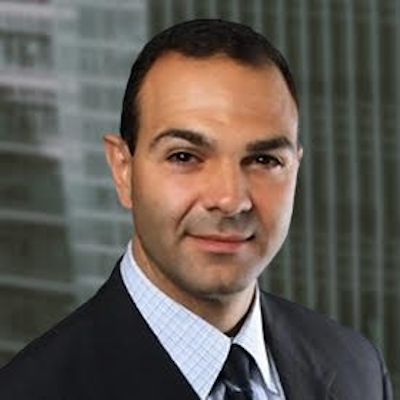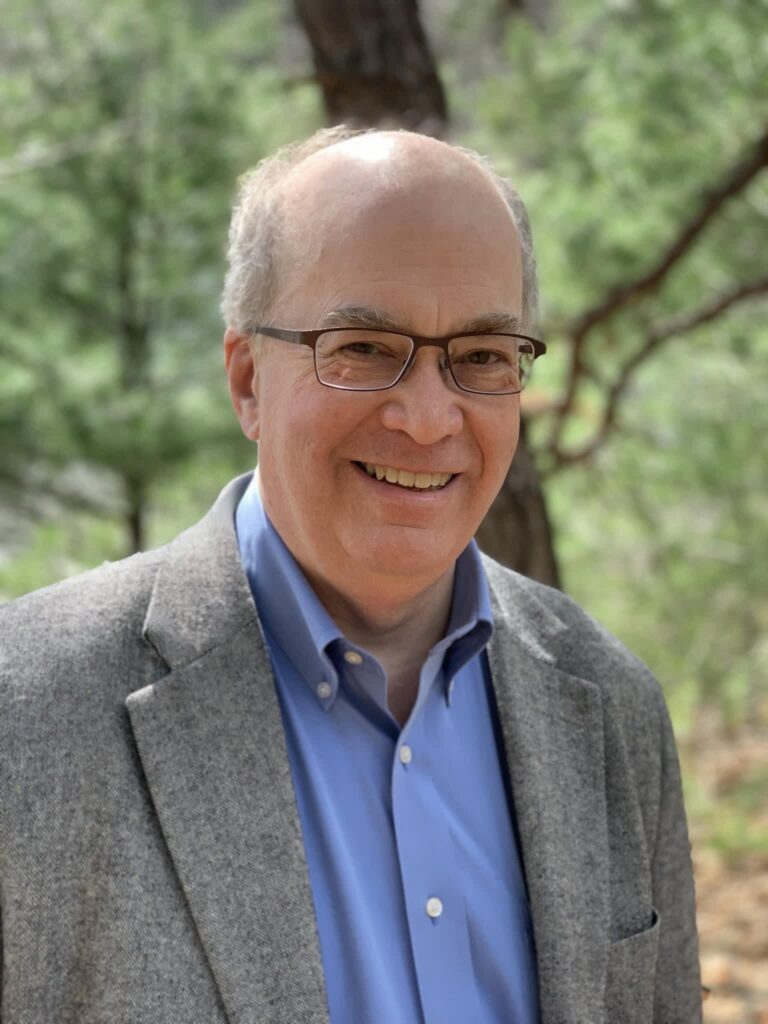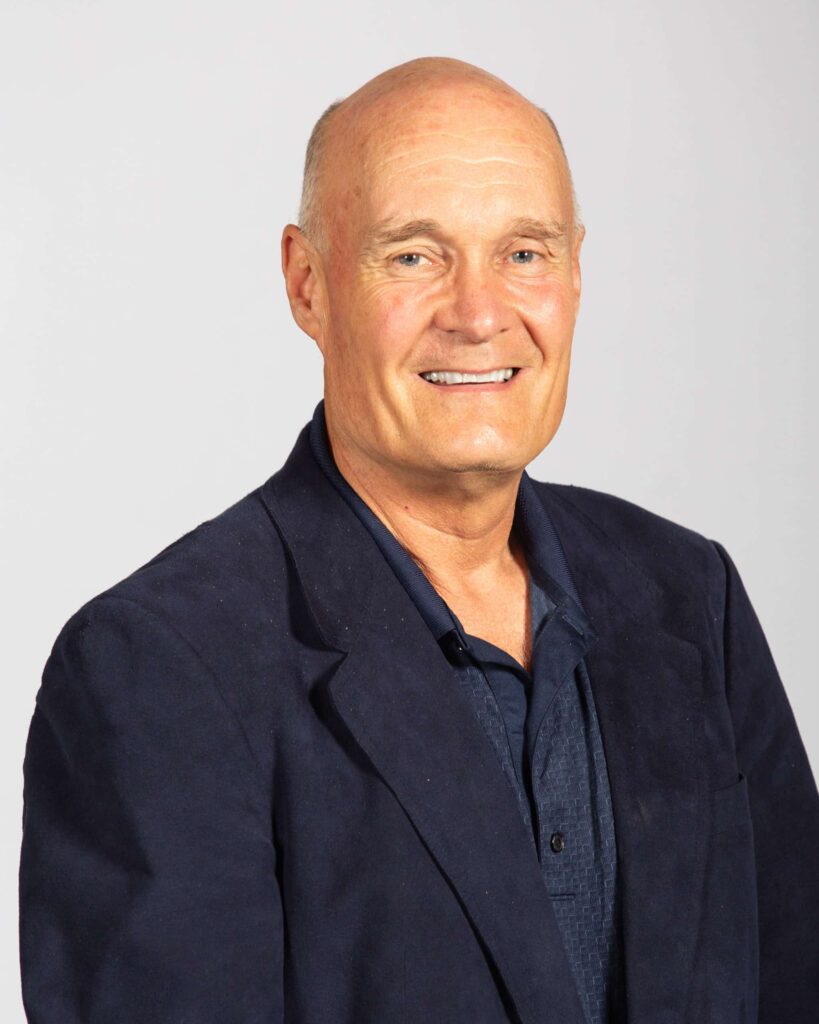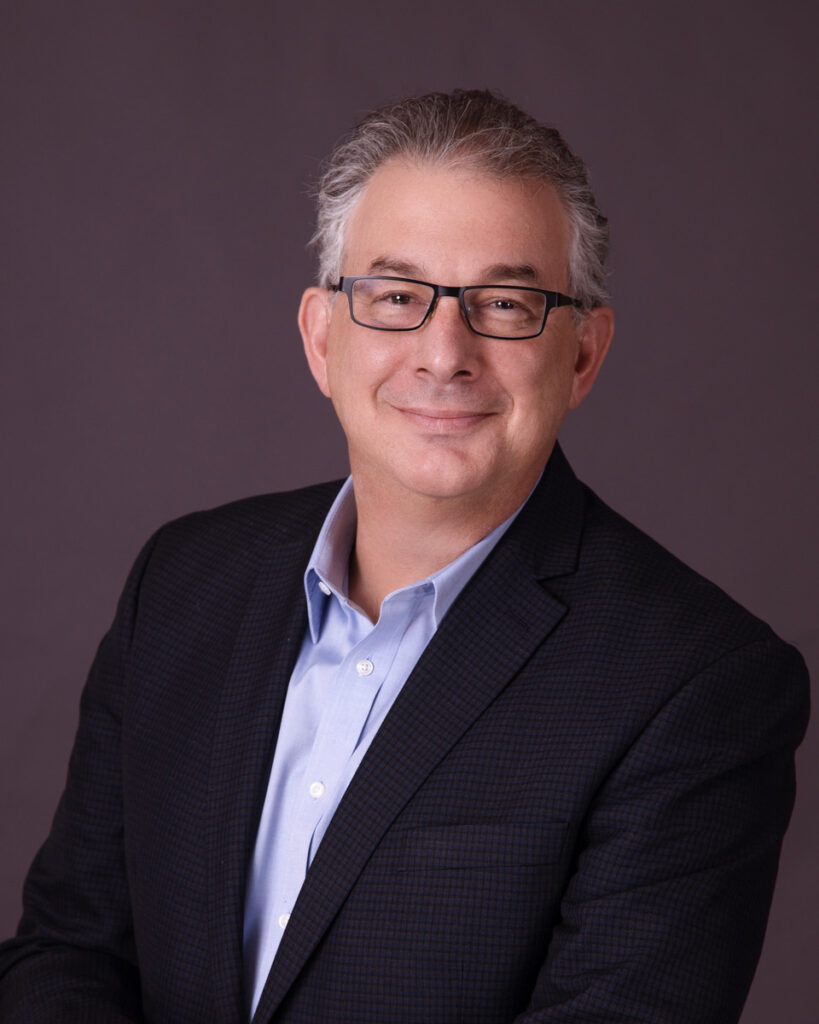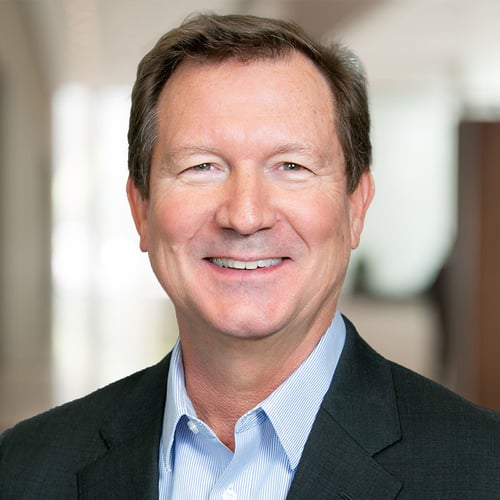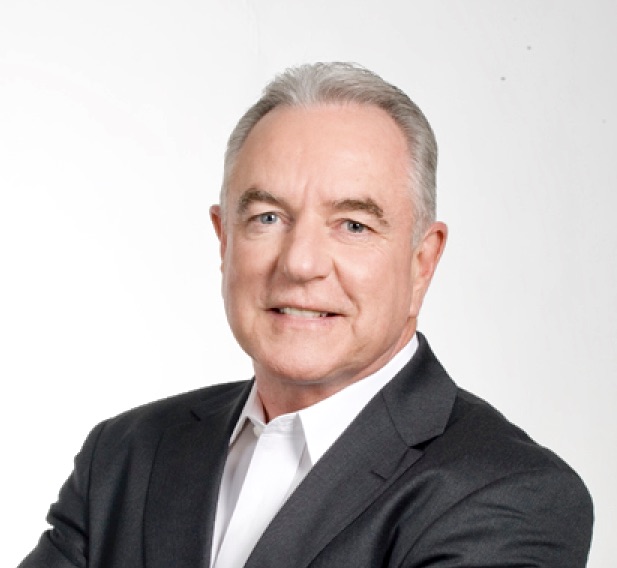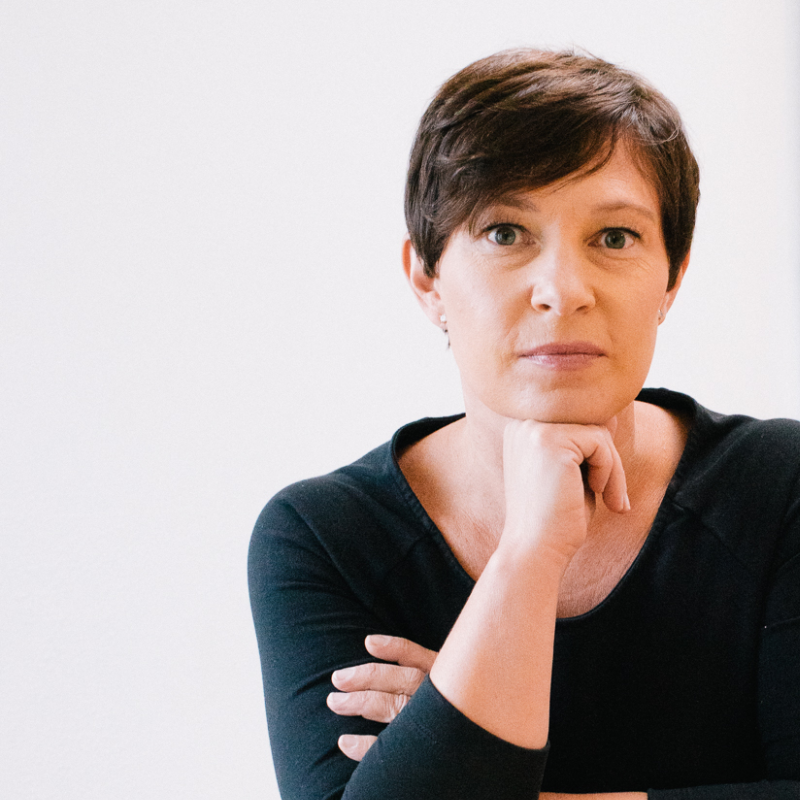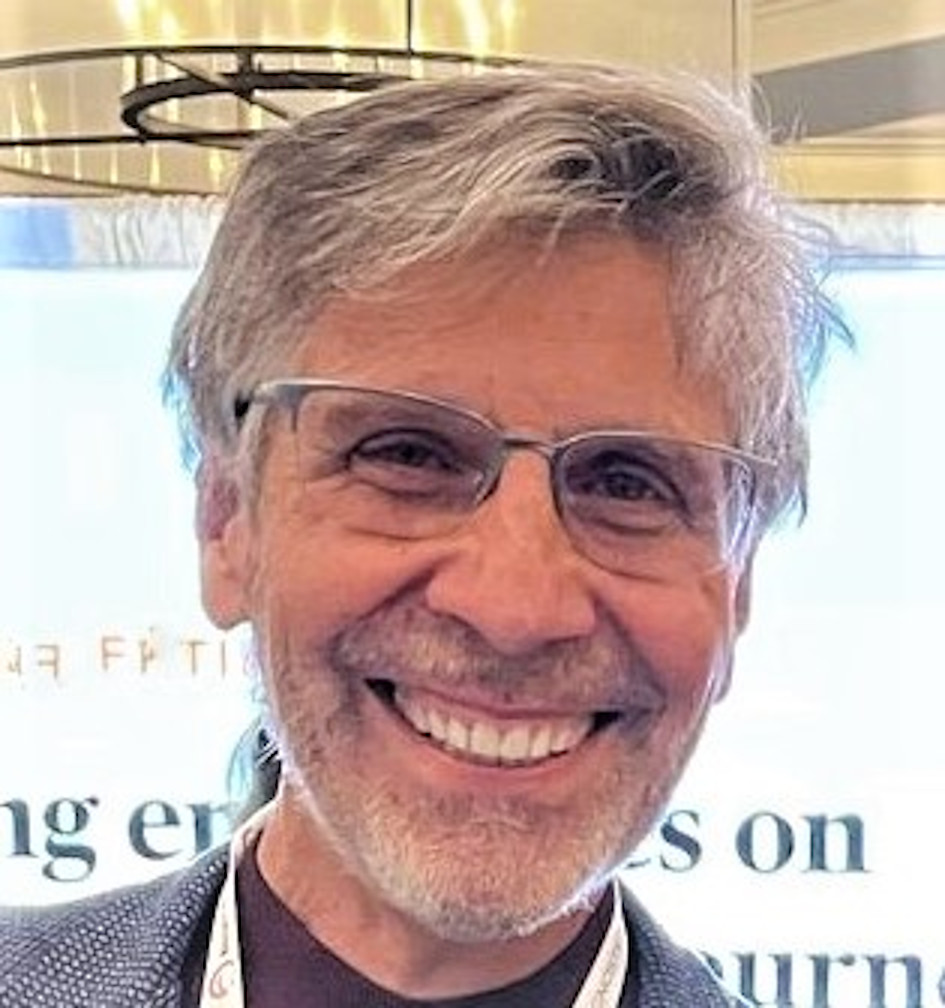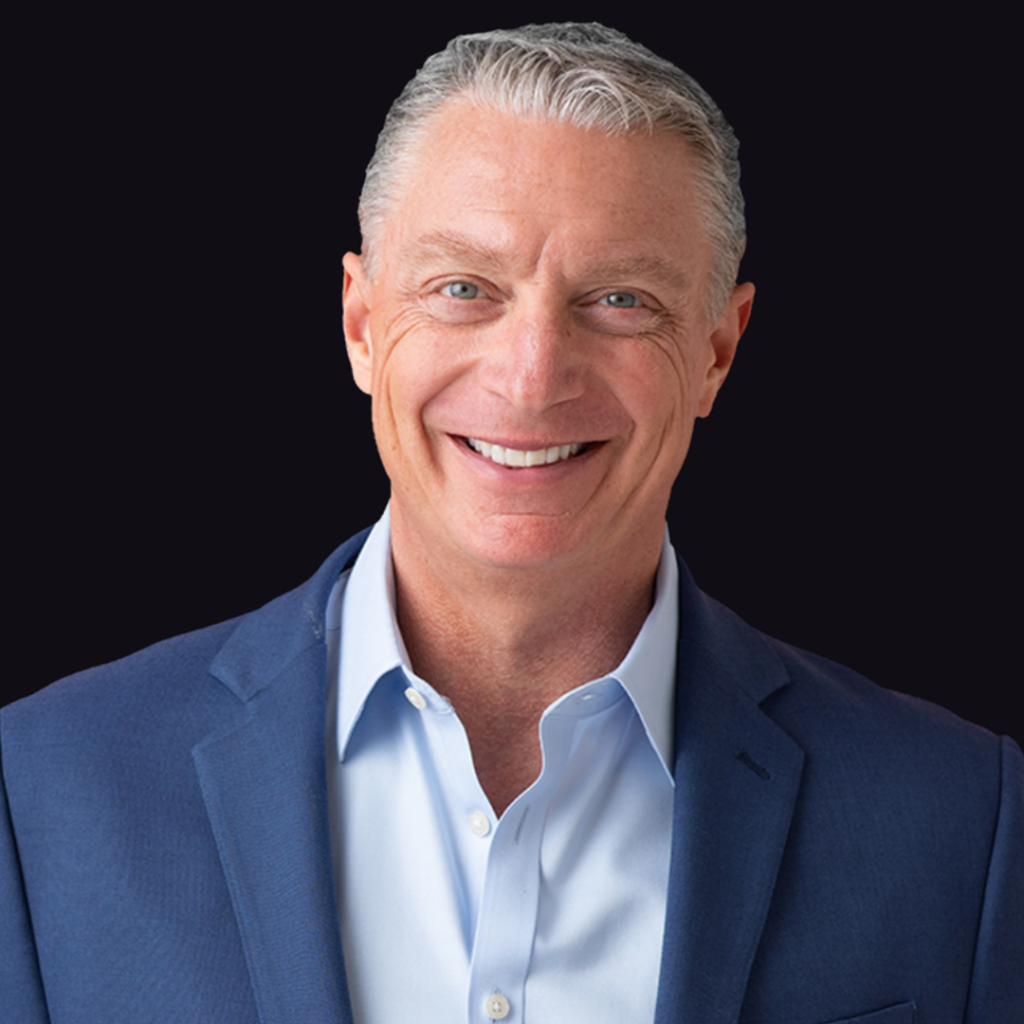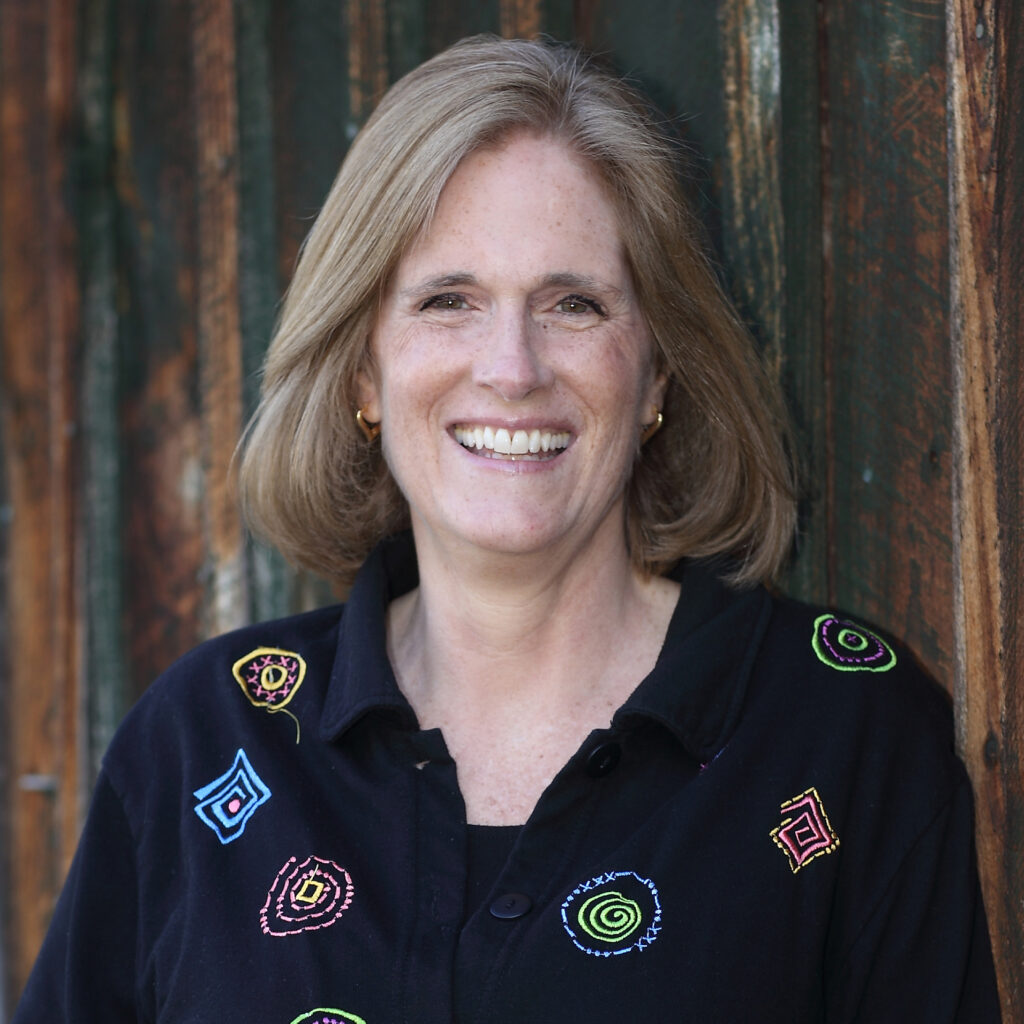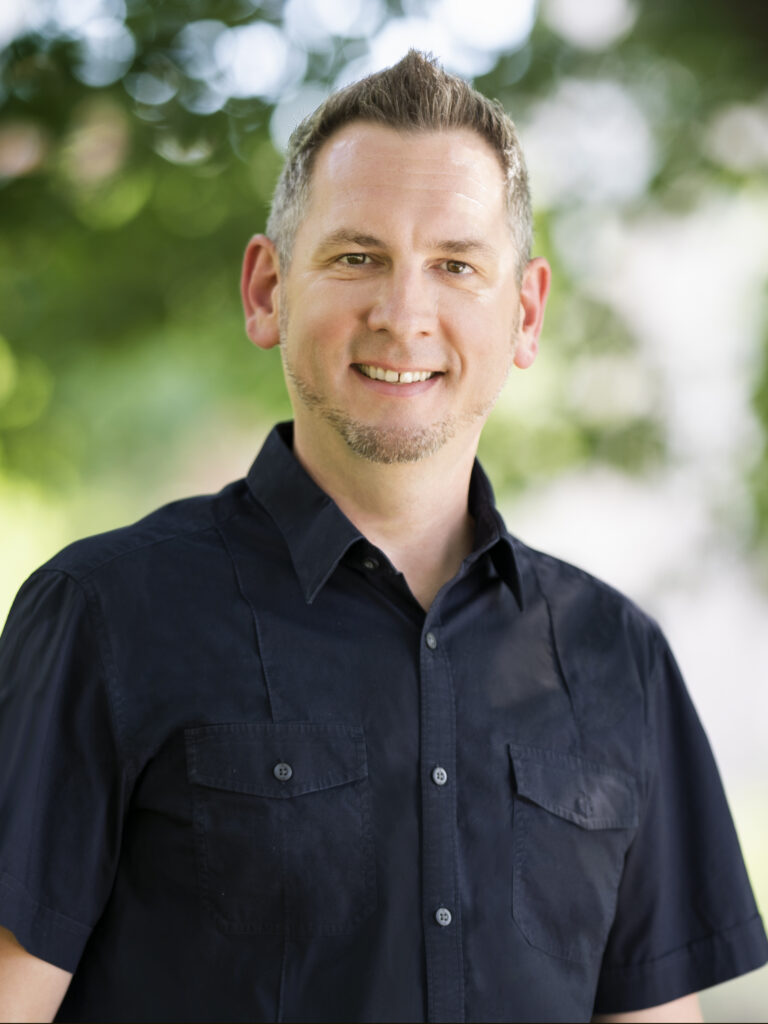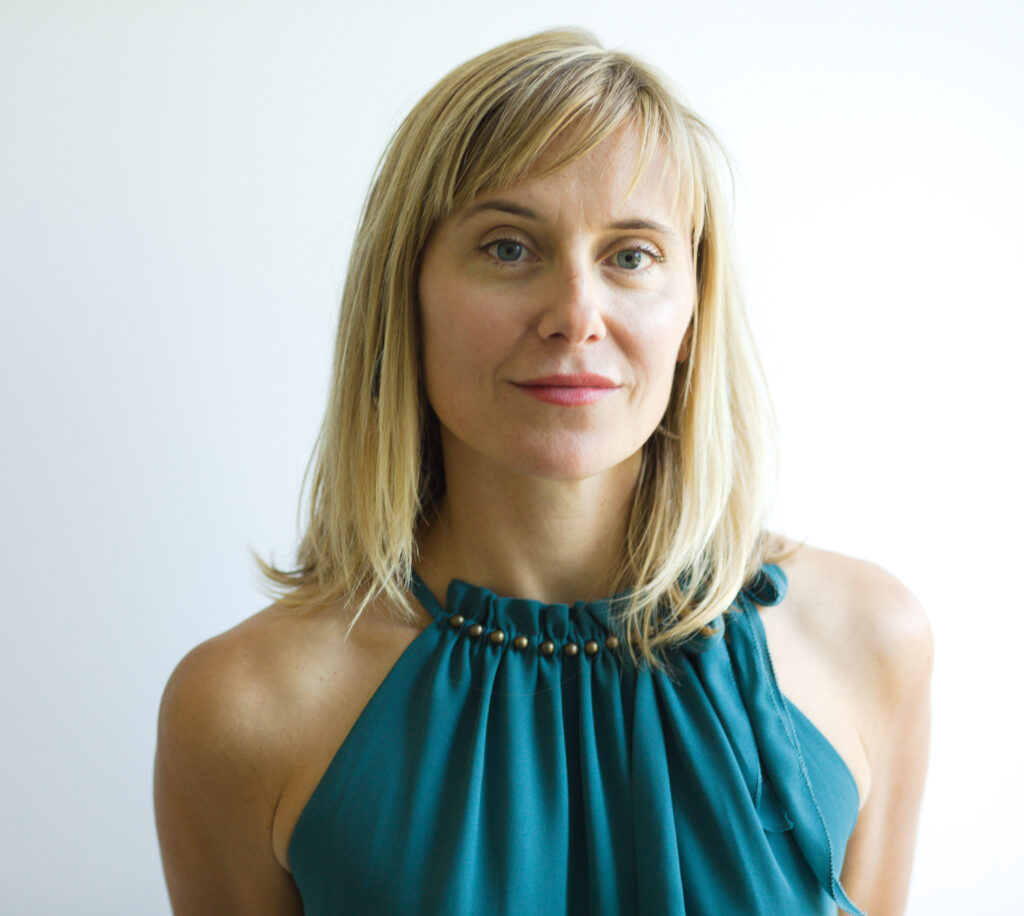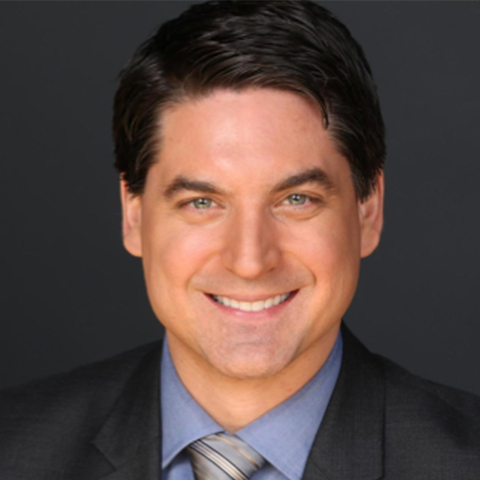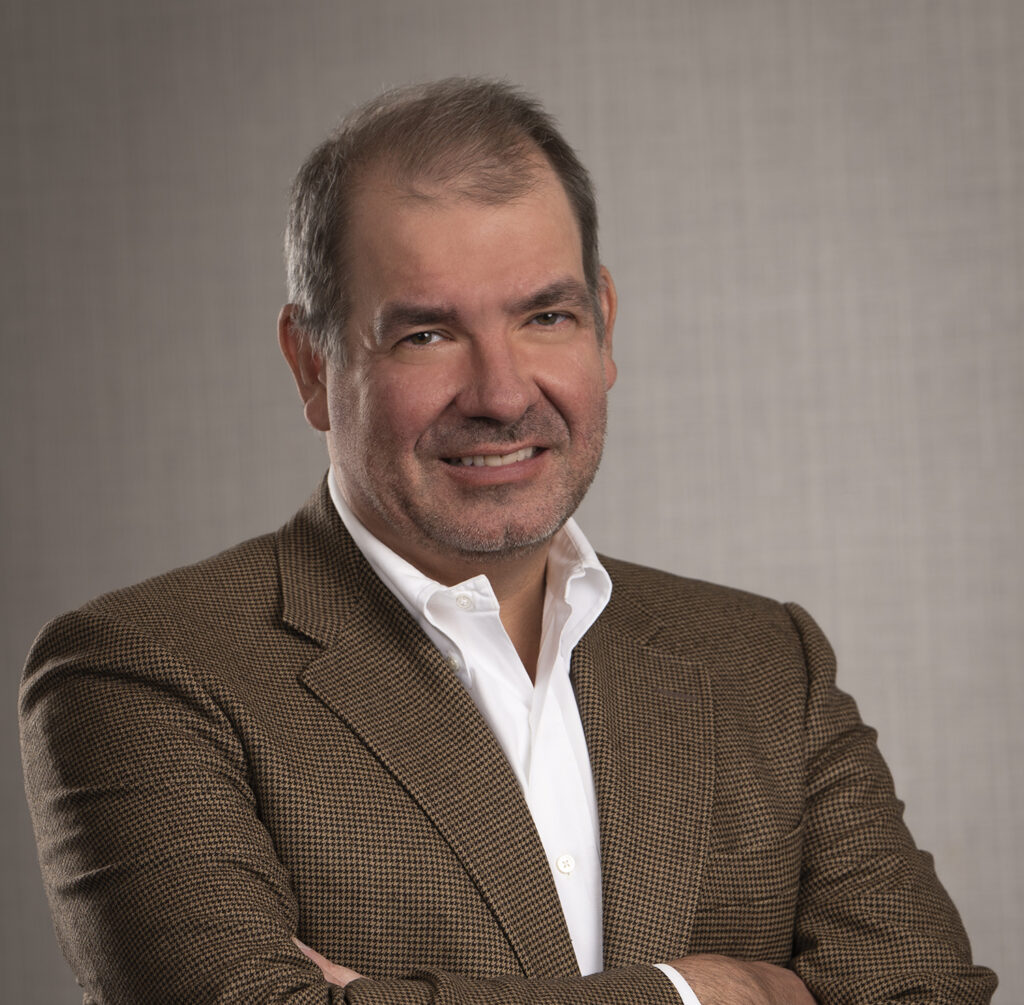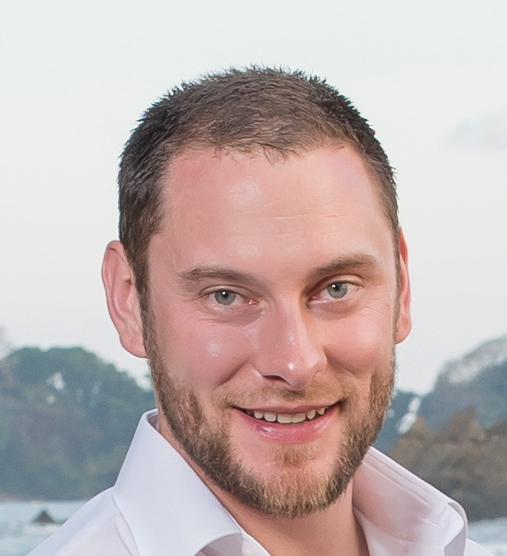In the Now Podcast: Episode 40
Join Nowspeed's CEO, David Reske, as he engages in discussions with founders, marketers, and CEOs from around the globe. Delving into the realm of marketing and leadership, aiming to unravel the myths and misunderstandings that often surround these topics.
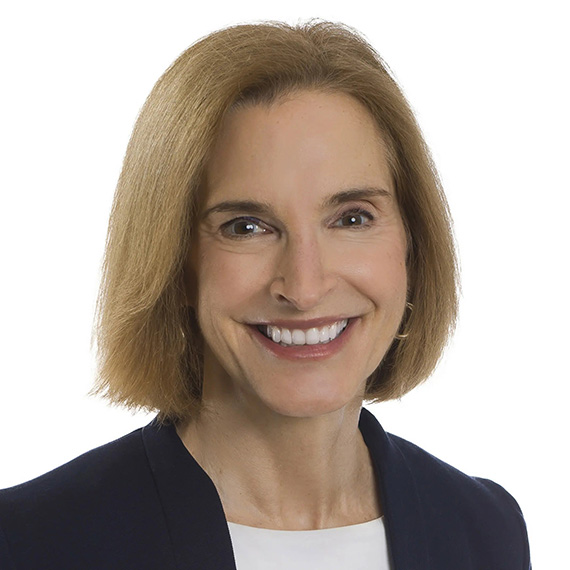
Carol Meyers CEO Coach | Independent
Do Companies Still Need Heroes?
Many leaders love creating a “hero culture” by recognizing and rewarding the heroes in their organization. In this episode of In the Now, Carol Meyers, a former CMO and current VC investor with Glasswing Ventures, talks about the dangers of relying on heroes to rescue you. She believes that it’s better to fix the processes and systems in your organization so that you don’t need heros, and yet she recognizes that there are a few special times when they can save the day. Join me for this challenging conversation and please leave your feedback in the comments.
Get a Free Marketing Analysis and Consultation
Nowspeed can review your Website, SEO, PPC, Email or Social Media Campaigns and identify ways to make an immediate impact!
Episodes
Want to be a guest on the show?
Episode Transcript
Does the greatness of a company depend on its heroic moments and heroes? Carol Meyers, a partner at Glasswing Ventures, elegantly tackles this intriguing topic and cautions companies against developing a hero culture.
Watch the full interview with Carol Meyers here and read an excerpt from the interview below.
Nowspeed: Welcome to this edition of In the Now. I’m your host David Reske, the CEO of Nowspeed Digital Marketing. Our mission for this podcast is to dive deep into the world of marketing and leadership, dispelling myths and misunderstandings along the way. Joining us today is one of the world’s most interesting people in this field — Carol Meyers. Carol is an accomplished independent board director, a sought-after go-to-market advisor, an effective executive coach and a valued partner at Glasswing Ventures. I remember Carol from her time as CMO of Rapid7, where she played a key role in the company’s growth. Welcome to the show, Carol.
Carol: Thank you for such a warm welcome, Dave. I’m delighted to be here.
Nowspeed: Now, Carol, you’ve had a very diverse and successful career trajectory. Given your myriad of experiences, I’m curious, what do you enjoy most these days? Do you relish the responsibility of being a CMO and directing the operations? Do you prefer the advisory role? Or is the excitement of the venture capital side more appealing to you?
Carol: That’s a very interesting question, Dave. My response might come across as a bit of a non-answer, but honestly, I’ve loved every role. Each one was the perfect fit for that particular time in my life. I cherish my time as a CMO, I enjoy my current advisory role, and working with a VC firm brings its own set of exciting challenges. I think it’s important to recognize that people live long lives and so multi-stage careers are going to be a common thing in the future.
Nowspeed: Now, as you know, I like to kick off our conversations with a mythbuster question. Today’s myth revolves around the concept of heroes. So, tell us, does the greatness of a company depend on its heroic moments and heroes?
Carol: Well, the notion of heroes and their heroic moments is certainly what most people tend to remember, but I firmly believe that it’s an accumulation of many different decisions, coupled with consistent and outstanding execution, that truly makes a company great. Heroic moments are woven into a company’s lore, providing a vision that people can look up to. However, overreliance on a hero culture can sometimes lead to companies not being as resilient as they could be.
Nowspeed: That’s a fascinating take on the hero culture, Carol. Could you elaborate more on the downside of such a culture in a company?
Carol: Certainly. Hero culture has its positives. We all love stories of heroes in our culture. They dominate our movies, our books, and we should appreciate them. They are the ones who step up, putting themselves at risk to achieve something great. It’s these heroic acts that often serve as a counterweight to the negative news. But the downside emerges when the hero culture overshadows the regular, day-to-day, hard work that drives a company forward. An overemphasis on heroic moments can lead people to focus on opportunities to stand out in a crisis, often neglecting underlying issues that might be causing these crises in the first place.
Nowspeed: So, if I’m understanding you correctly, Carol, the problem with a hero culture is that it inadvertently fosters an environment where chaos and crisis are not only expected but also almost celebrated, as they present opportunities for heroes to shine?
Carol: Yes, you’ve captured it perfectly, Dave. A culture that constantly lauds heroes can result in employees focusing their energies on becoming heroes themselves, often at the cost of neglecting long-term goals or proactive problem-solving. The unfortunate outcome is that this creates a cycle where crises occur, heroes step in, they are celebrated, and then the cycle repeats without addressing the root causes.
Nowspeed: So, it sounds like this hero culture impacts two fundamental aspects of building a successful company: team building, where you might end up hiring people who thrive in crises; and process building, where the lack of solid processes and systems might be causing the crises in the first place.
Carol: Absolutely, Dave. The classic example of this is the Apollo 13 mission. It was indeed a great demonstration of heroism in a crisis, but we should aspire to be more like Apollo 14, where the systems, procedures, and people were so well-prepared and effective that they successfully completed their mission without a crisis. In other words, companies should aim to avoid crises through good management, rather than managing crises well.
Nowspeed: You’re suggesting a paradigm shift where we value consistent high-quality work more than crisis-resolution. Could you share more on how that might change the dynamics in a company?
Carol: Definitely, Dave. Recognizing and valuing consistency and diligence, rather than just heroic acts, could lead to a more balanced, effective work culture. We might be in awe of an engineer who stays up till 2 a.m. fixing a bug, but we should equally value the engineer who, day in and day out, writes bug-free code. Elevating these consistent performers encourages others to focus on the quality of their work, making crises less likely. A culture that values everyday contributions as much as heroic efforts can ultimately lead to a more resilient and successful company.
Don’t miss the rest of this intriguing interview with Carol Meyers. Make sure to tune in for the full conversation here.

